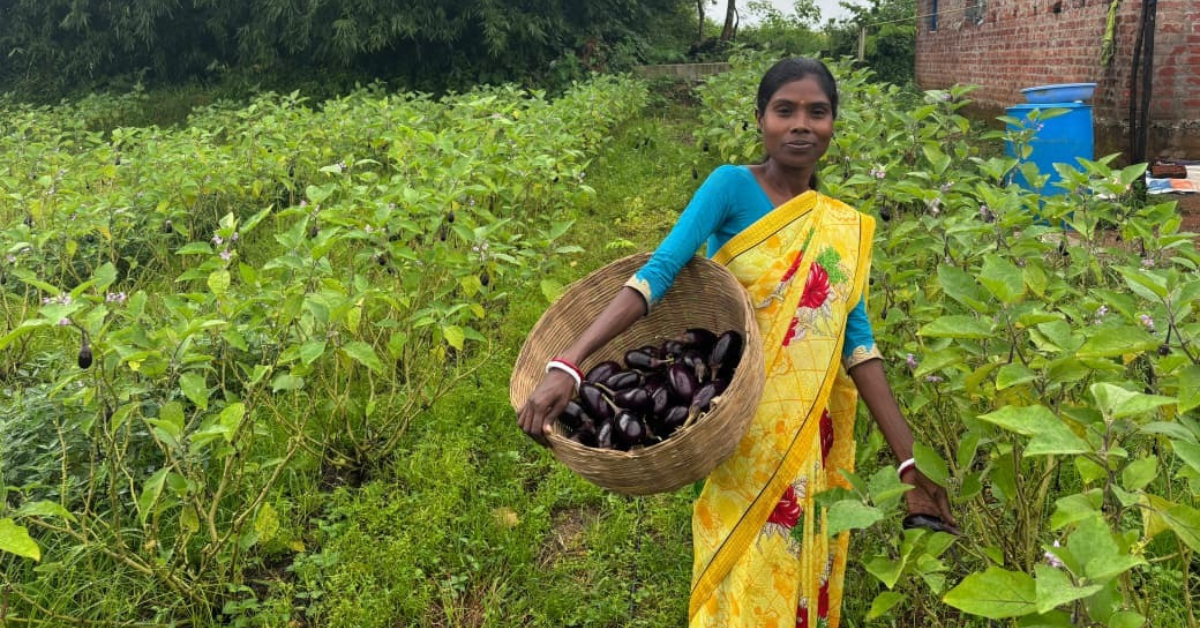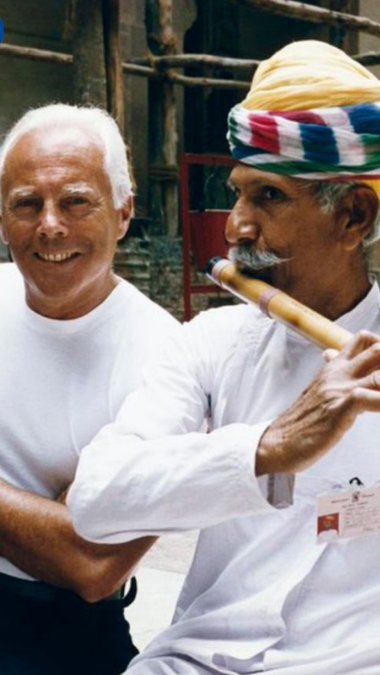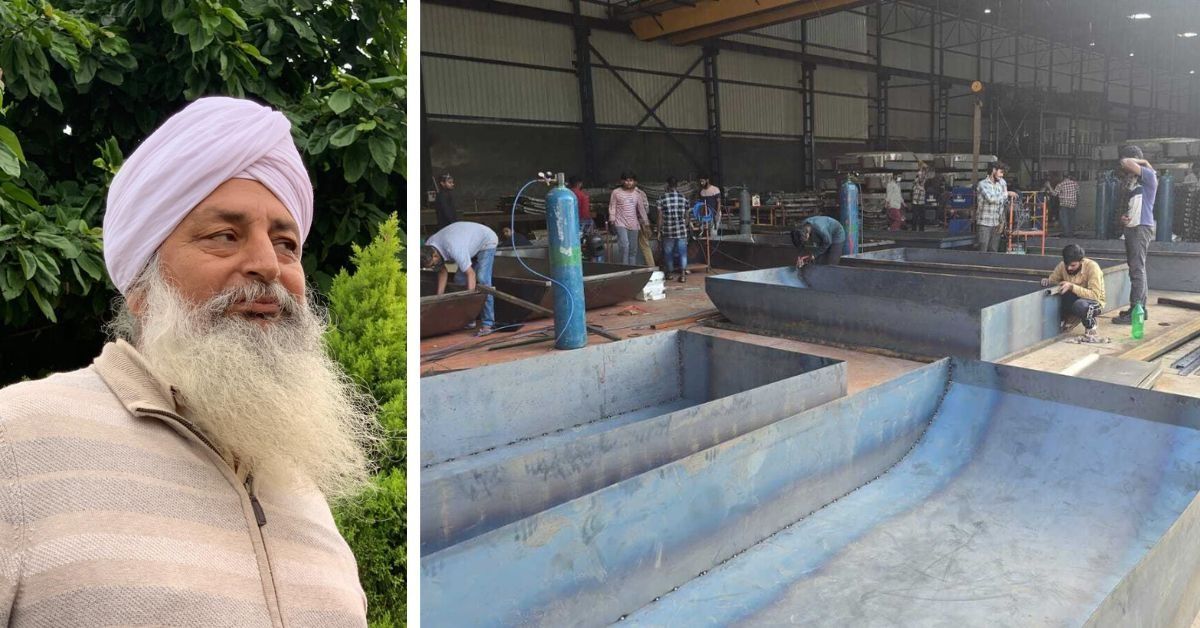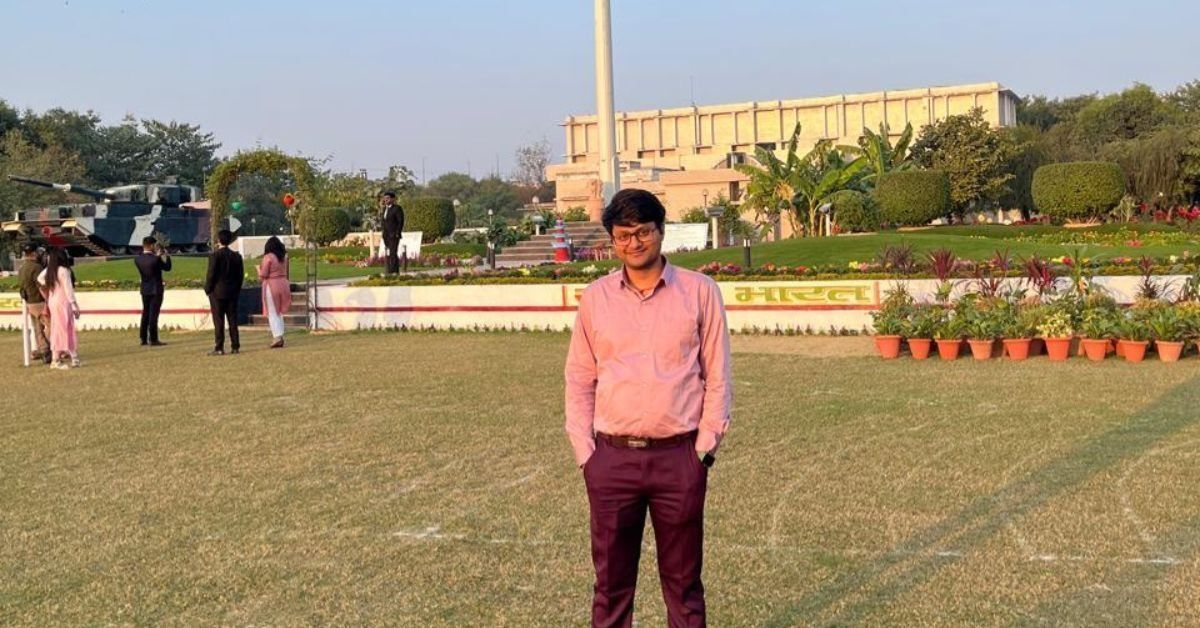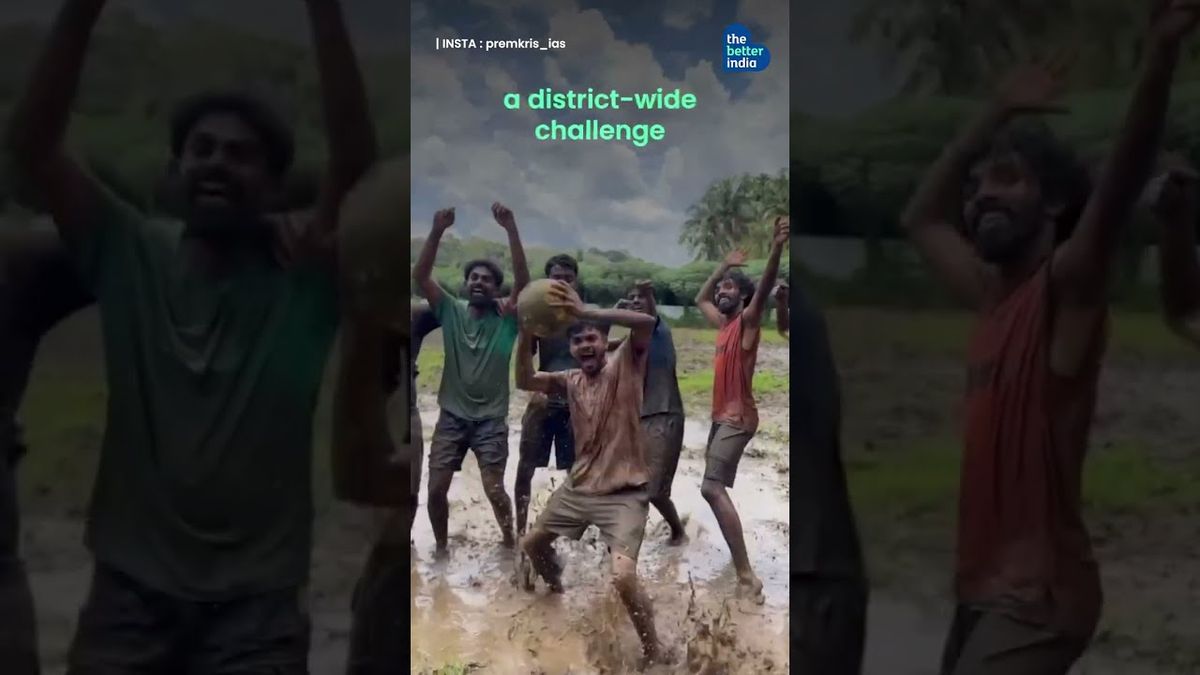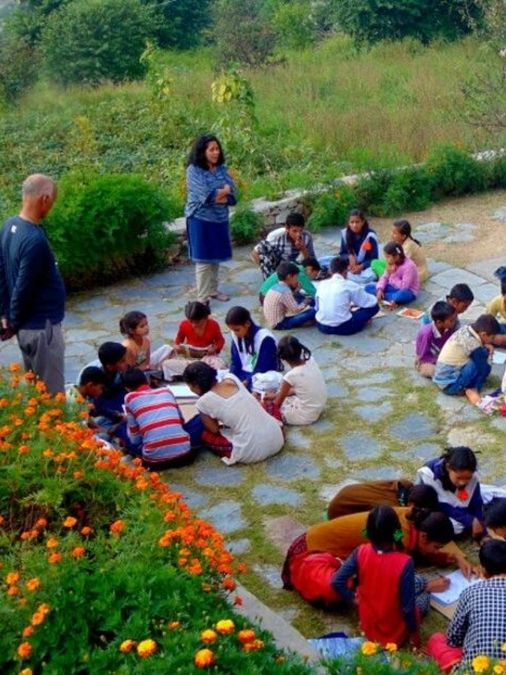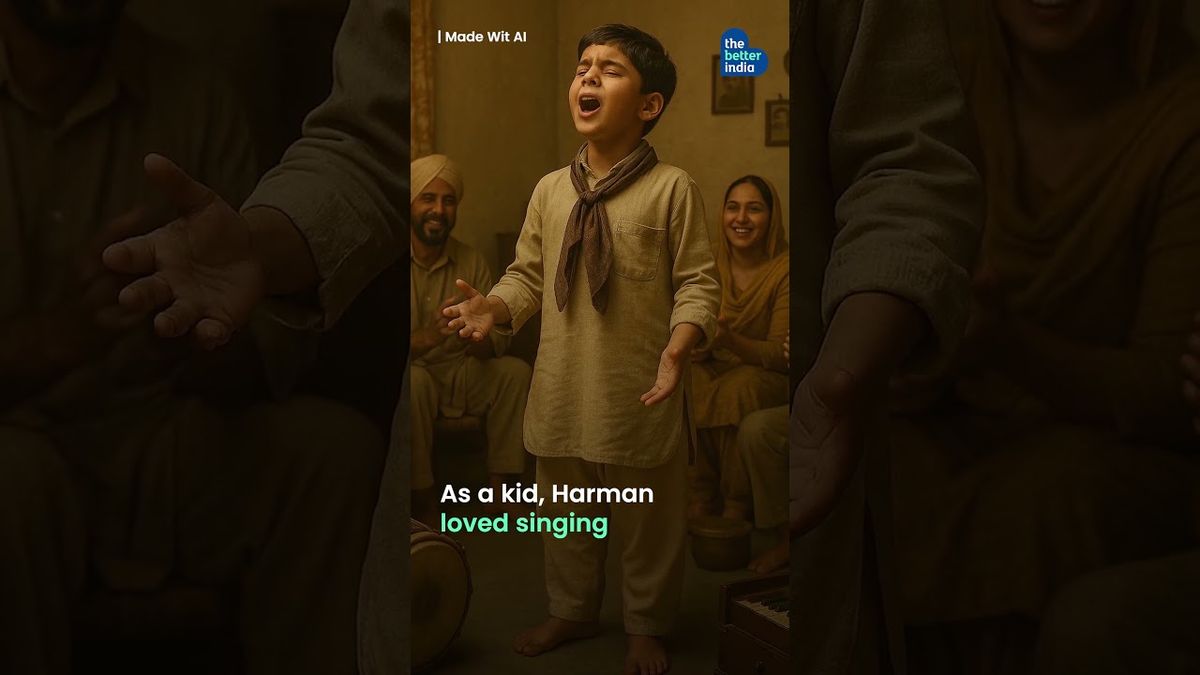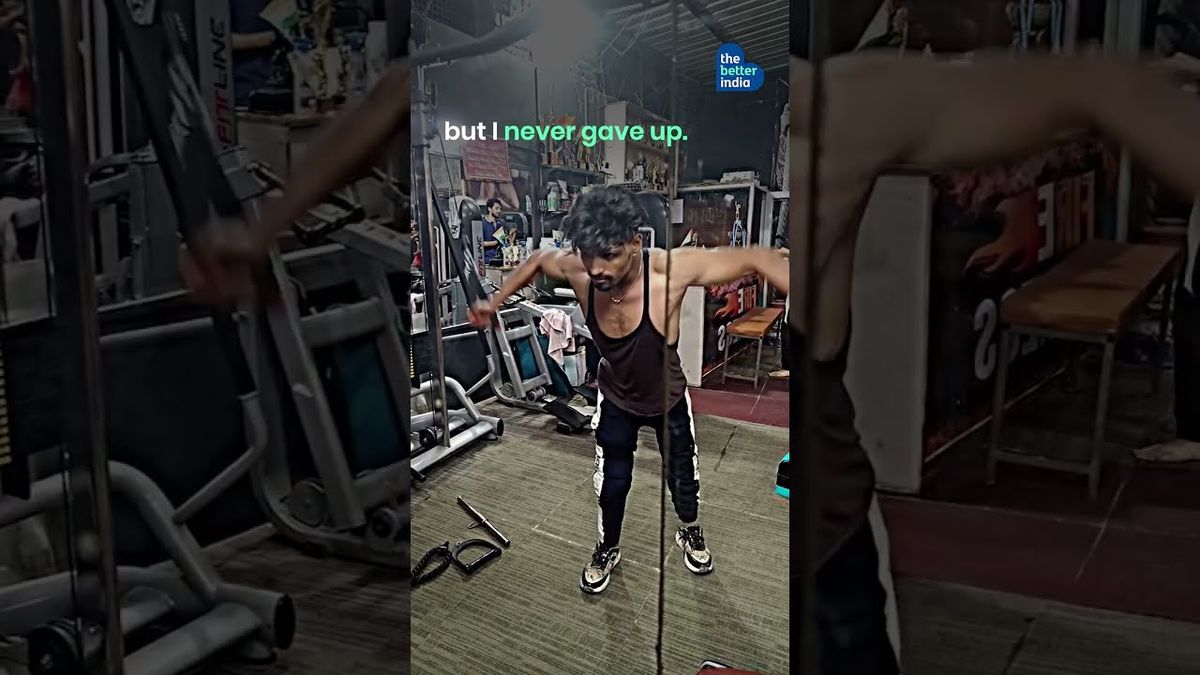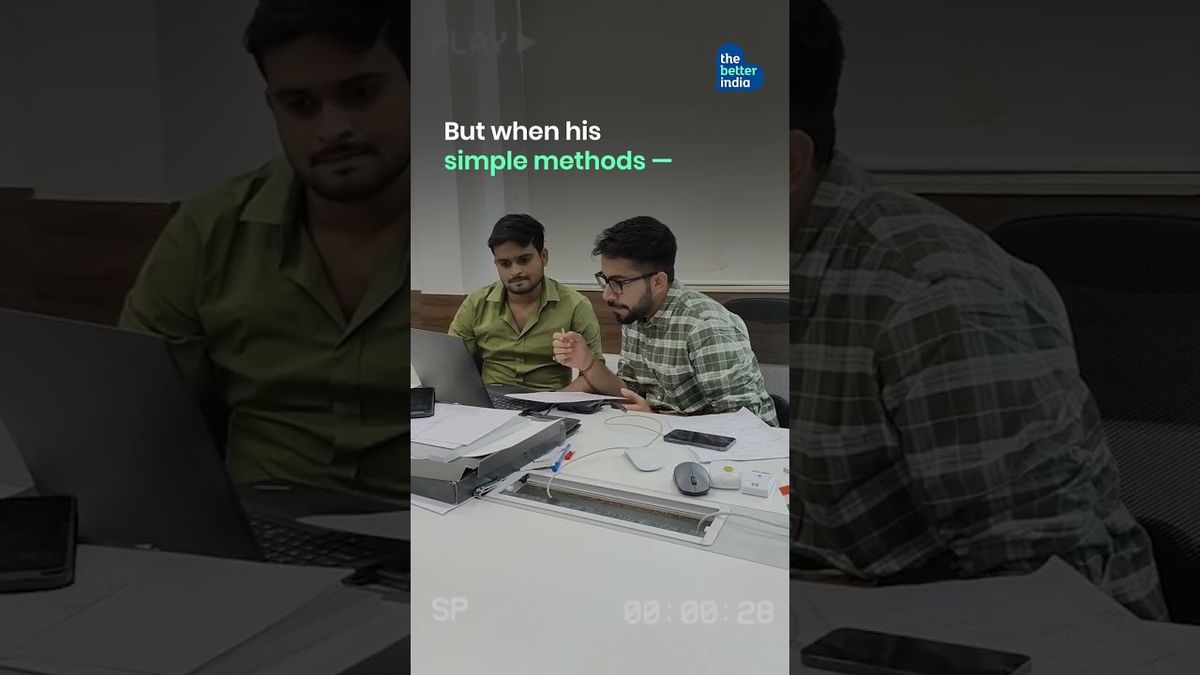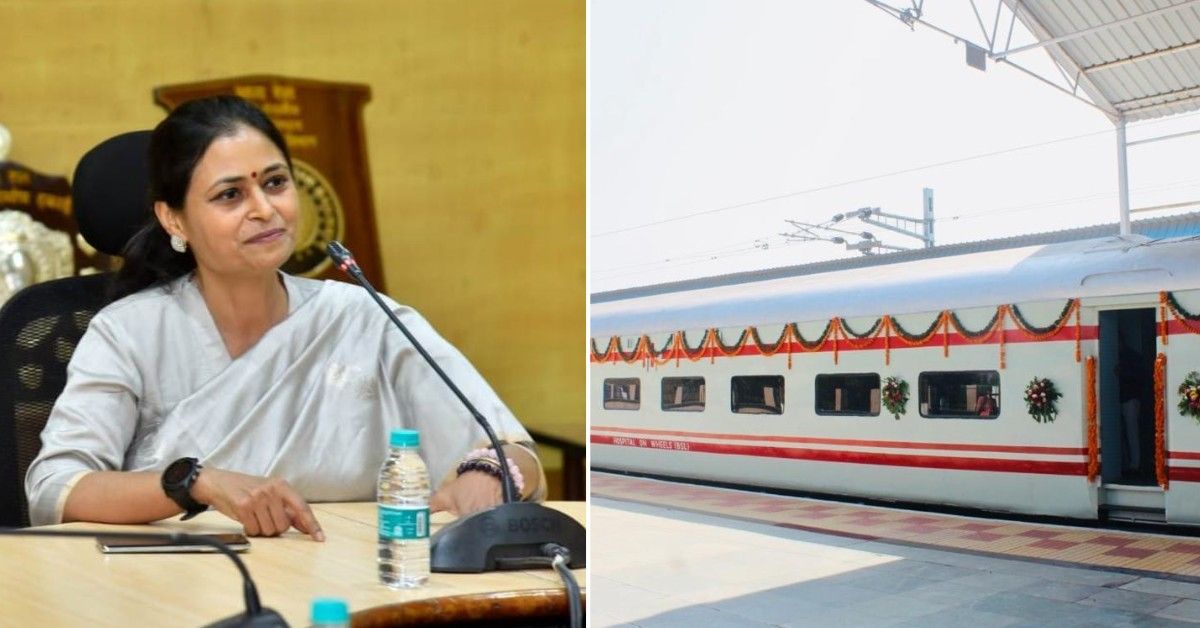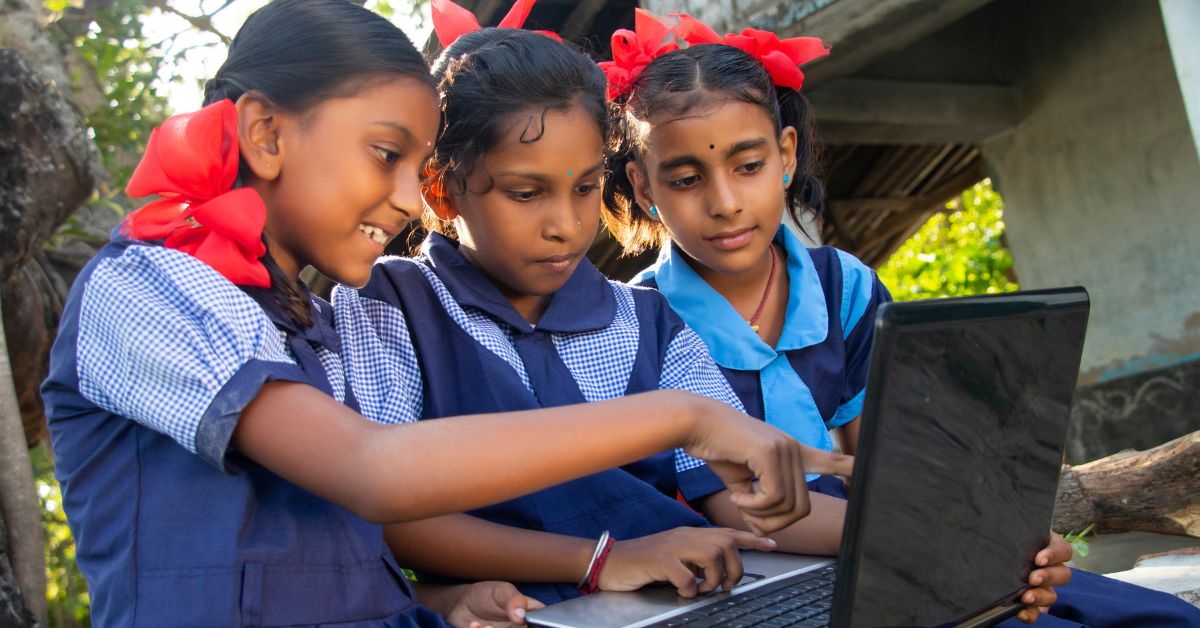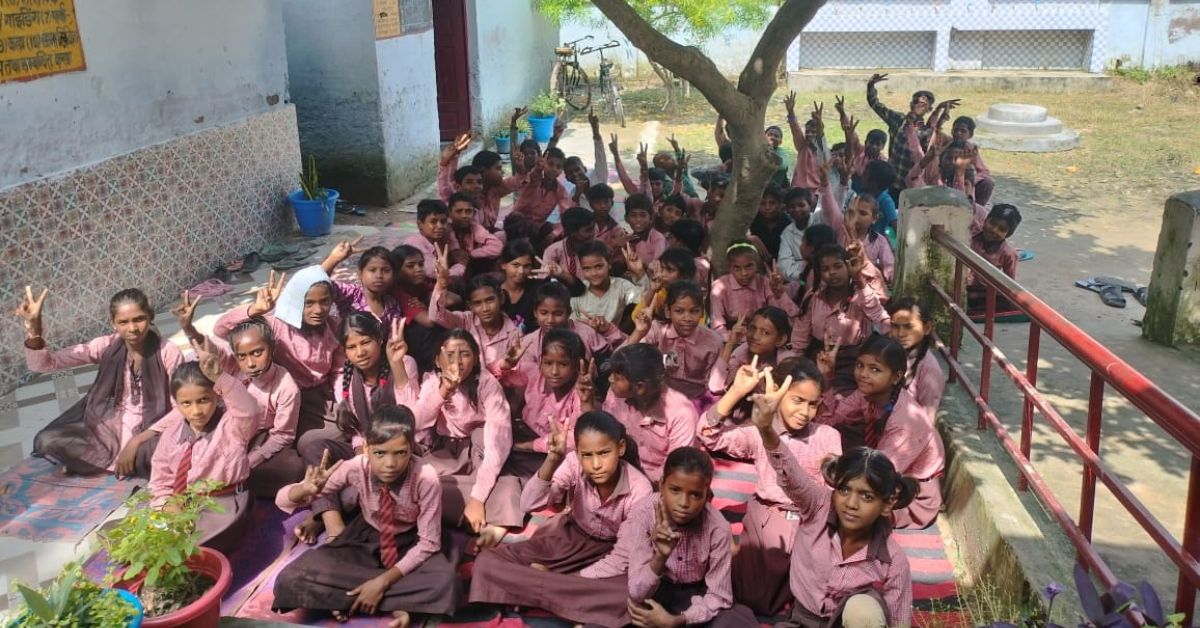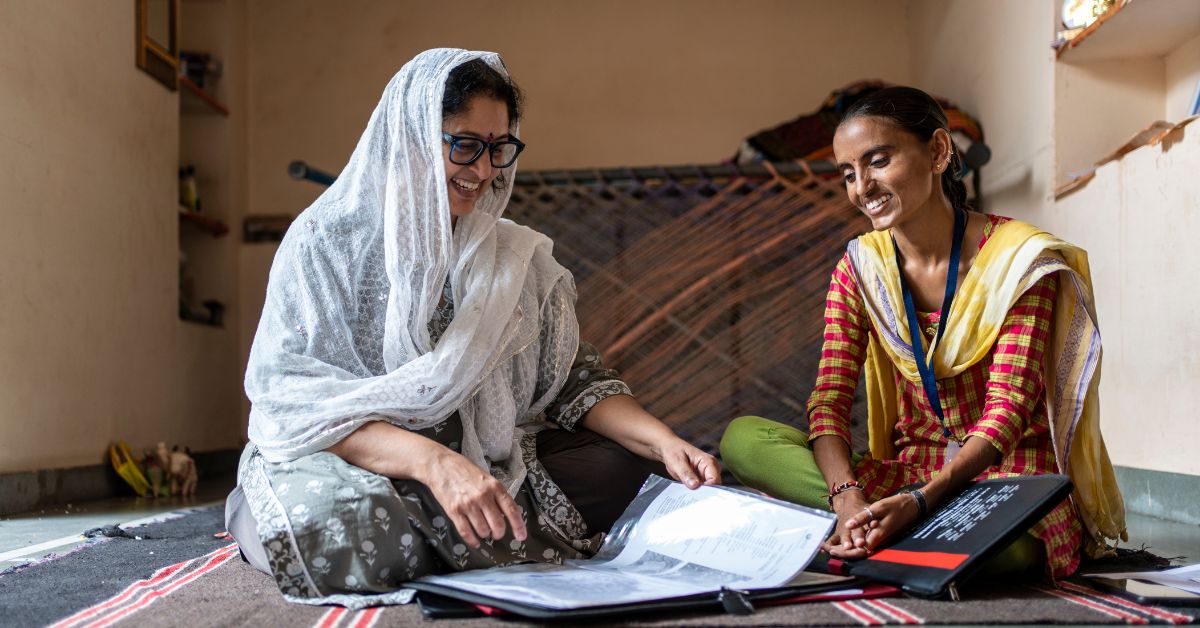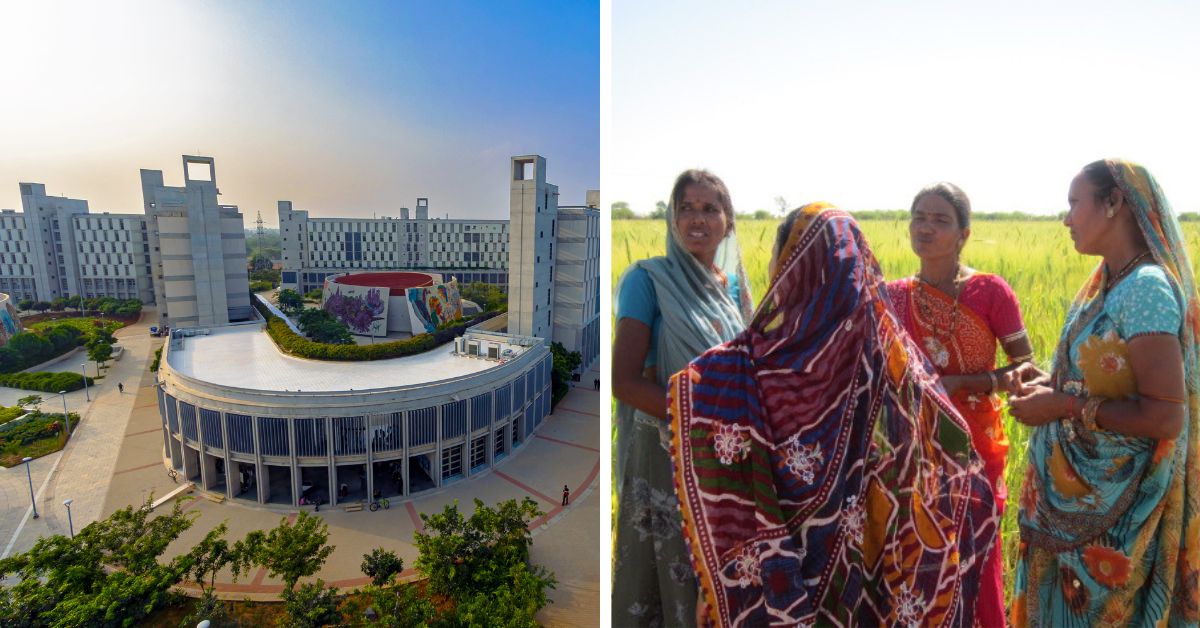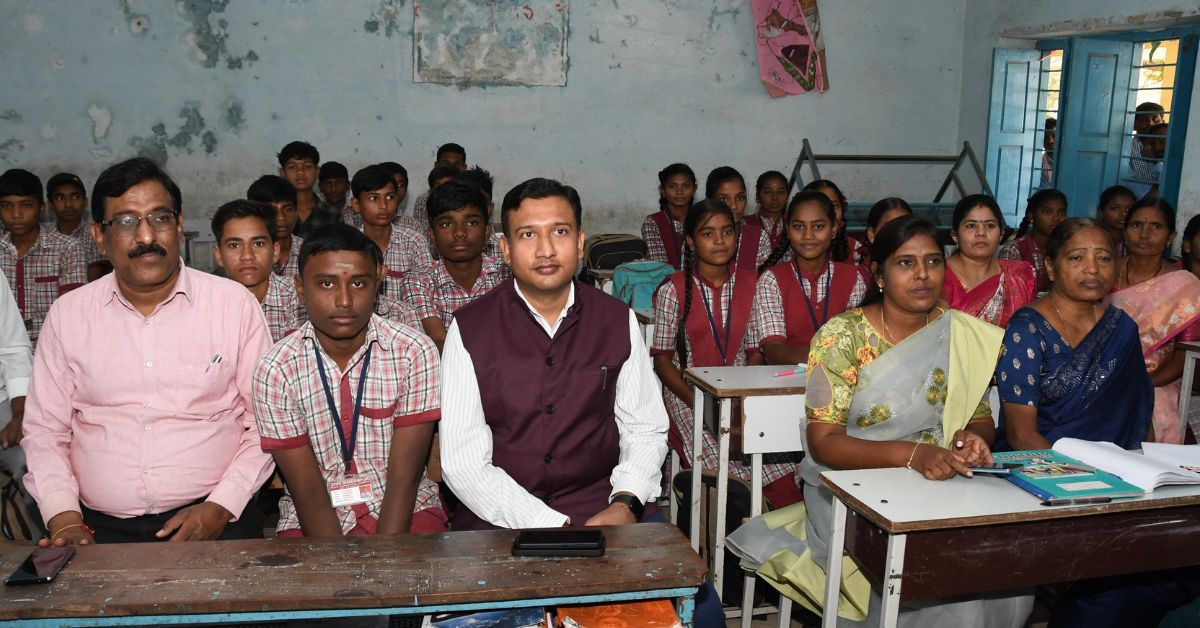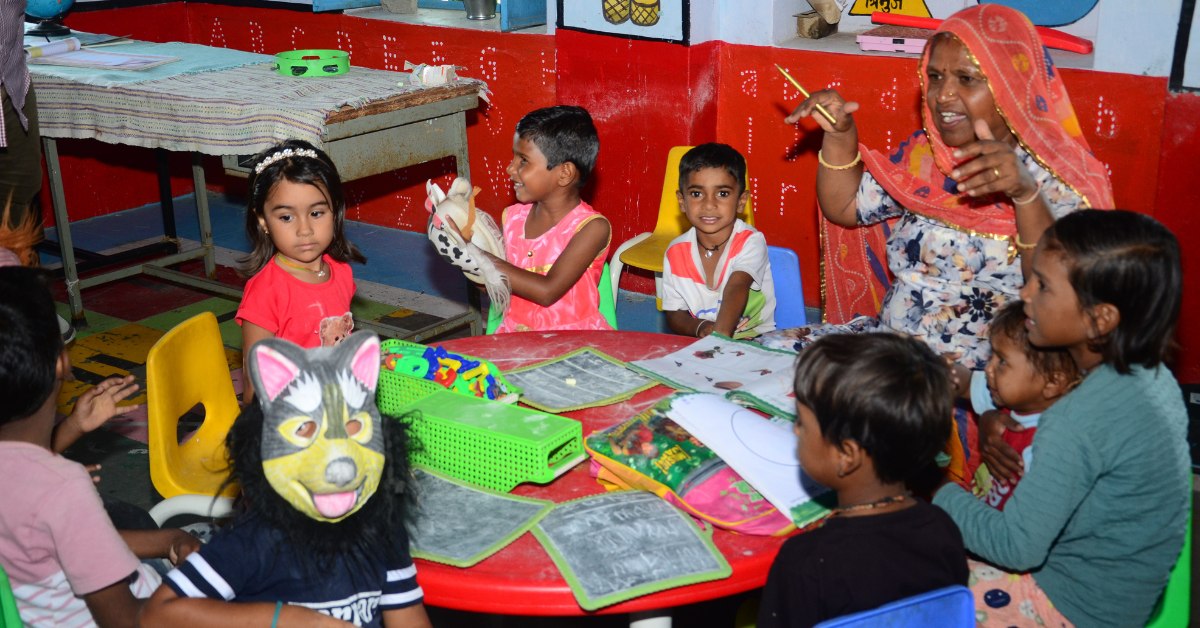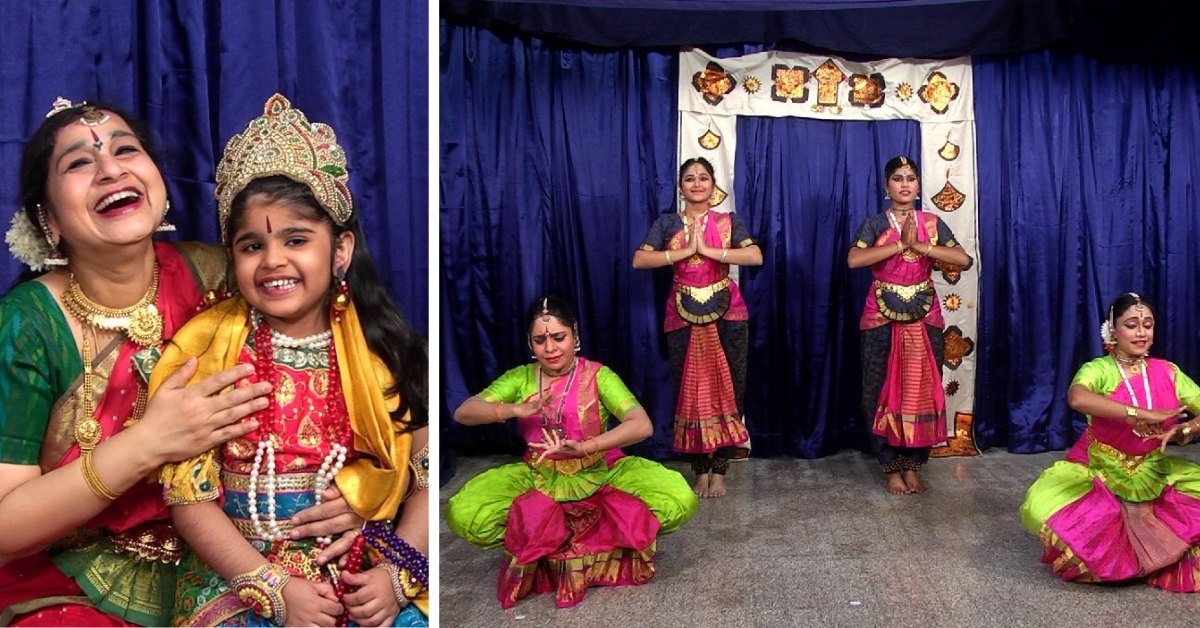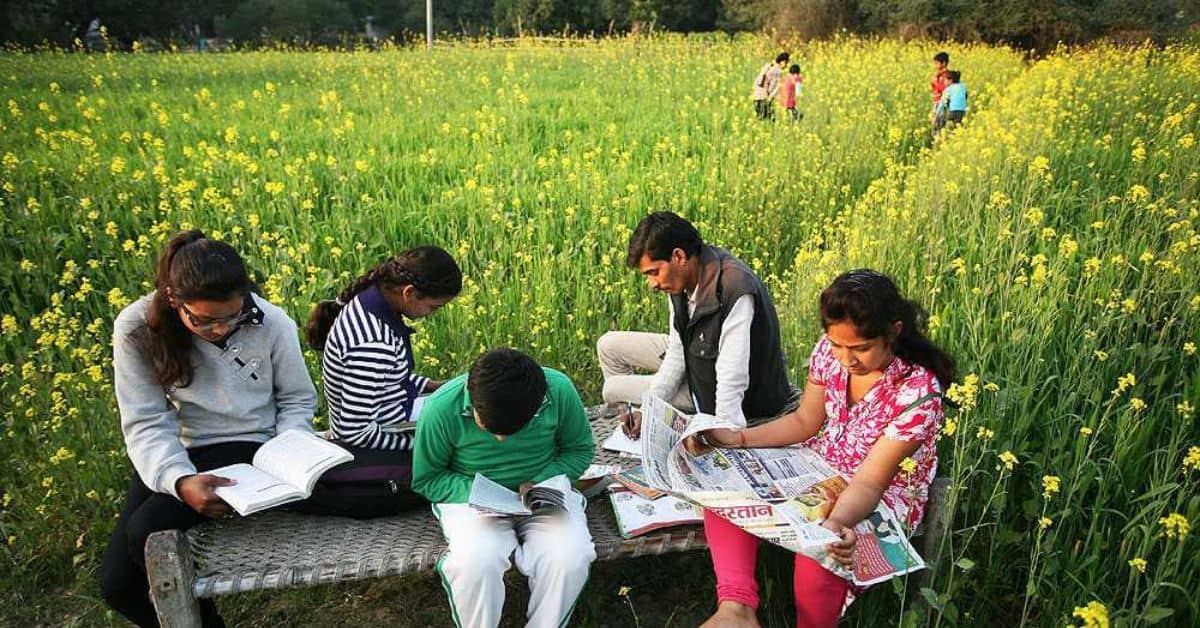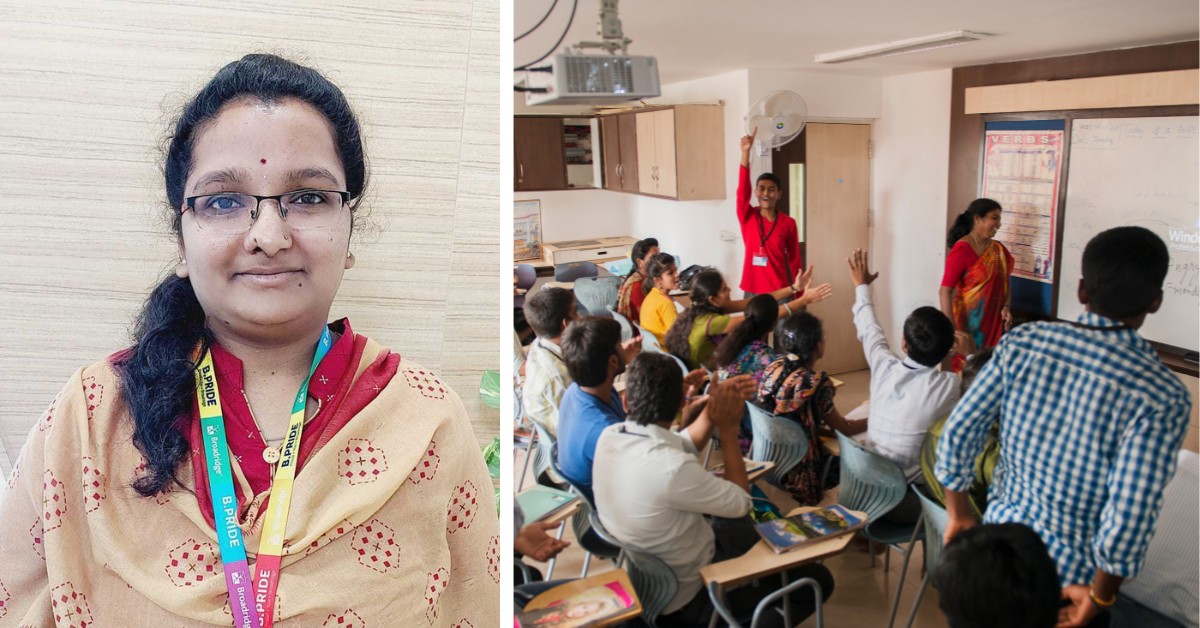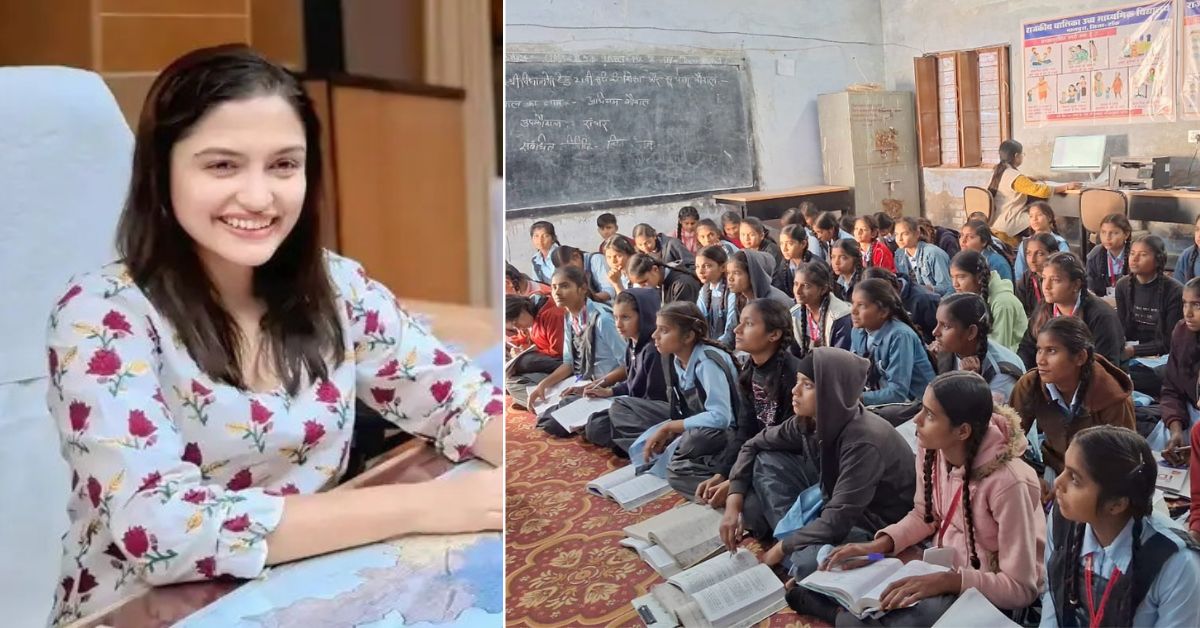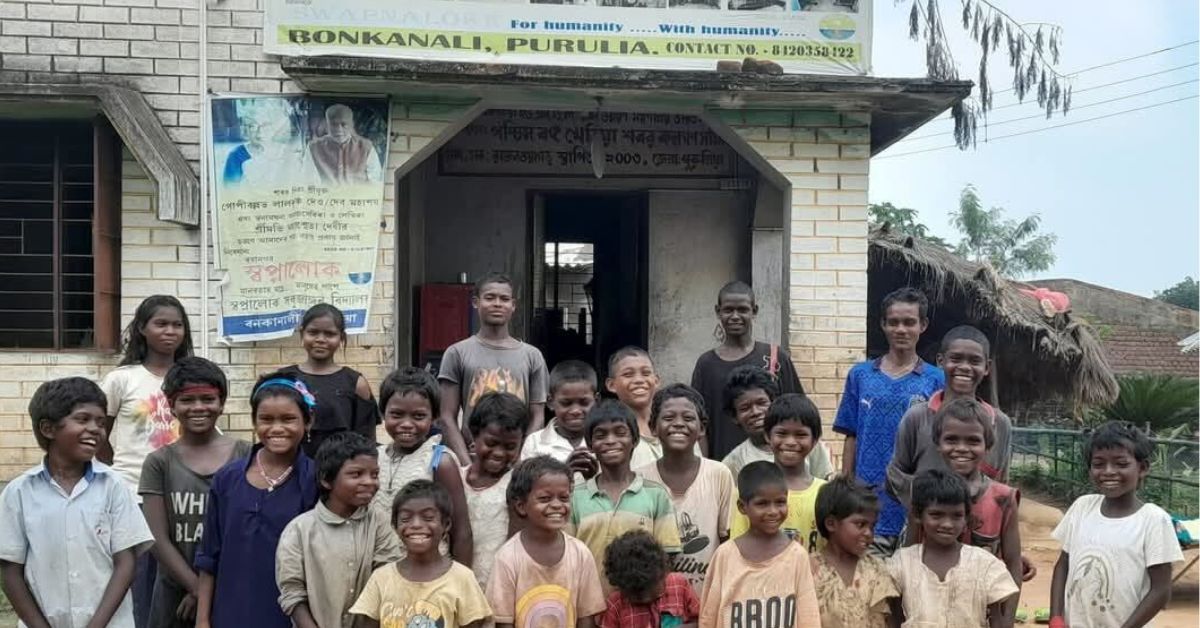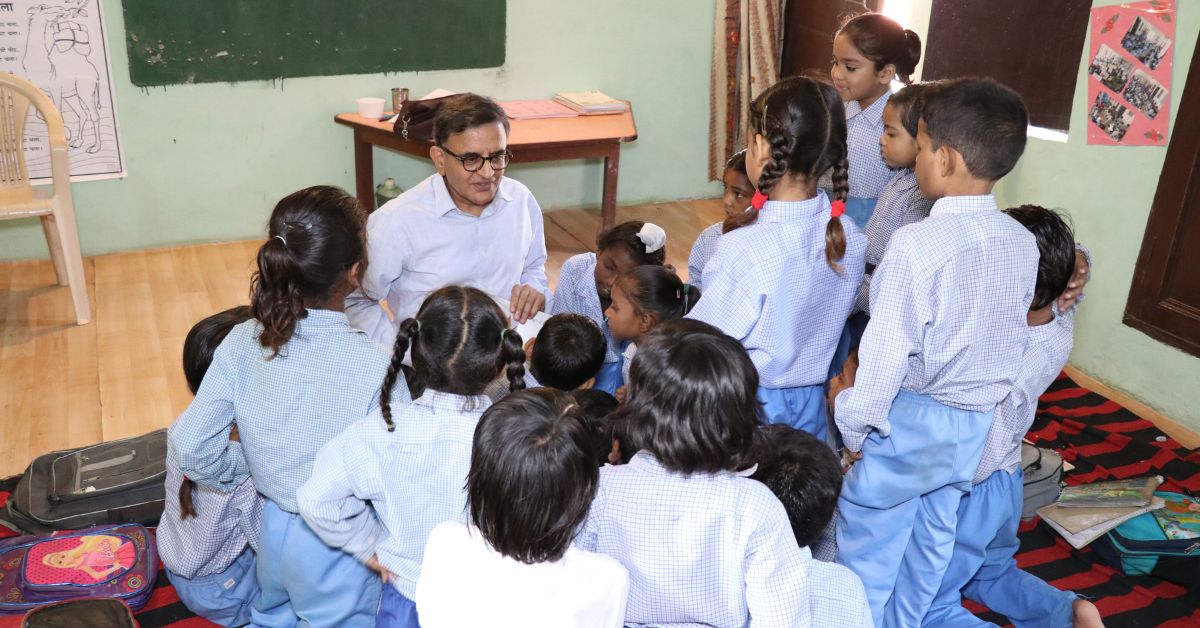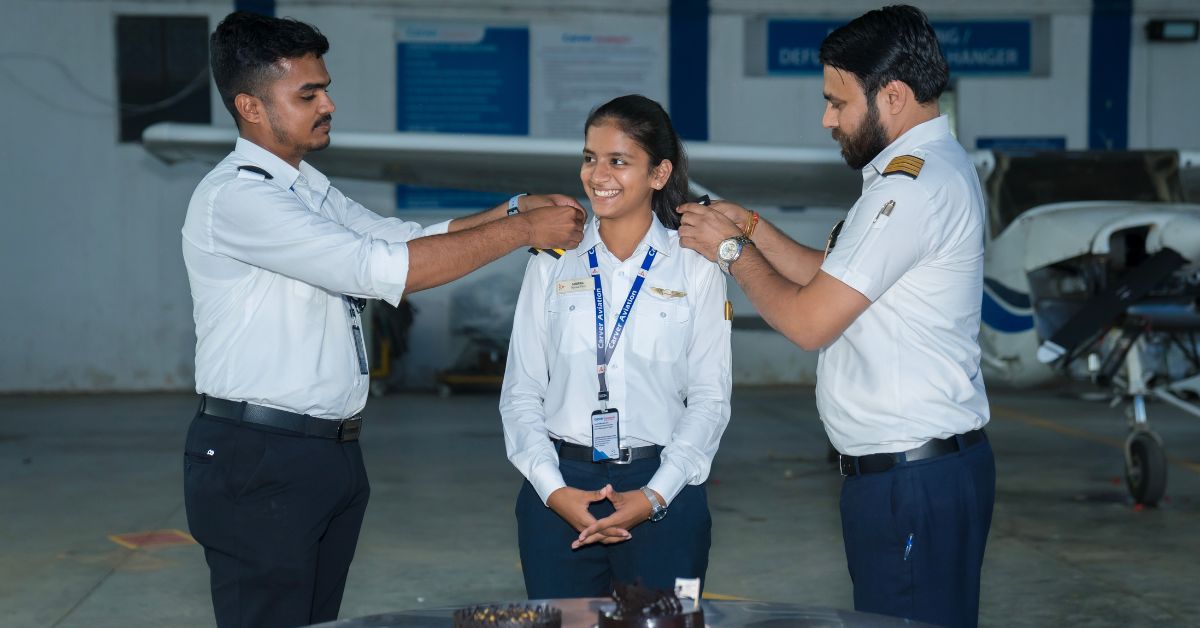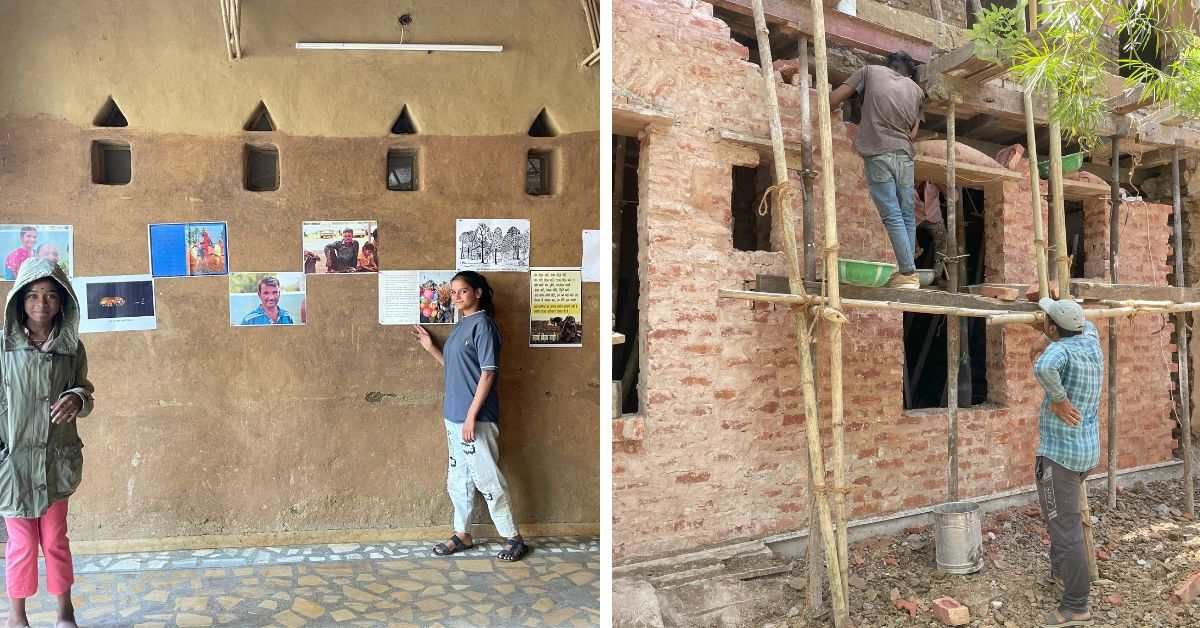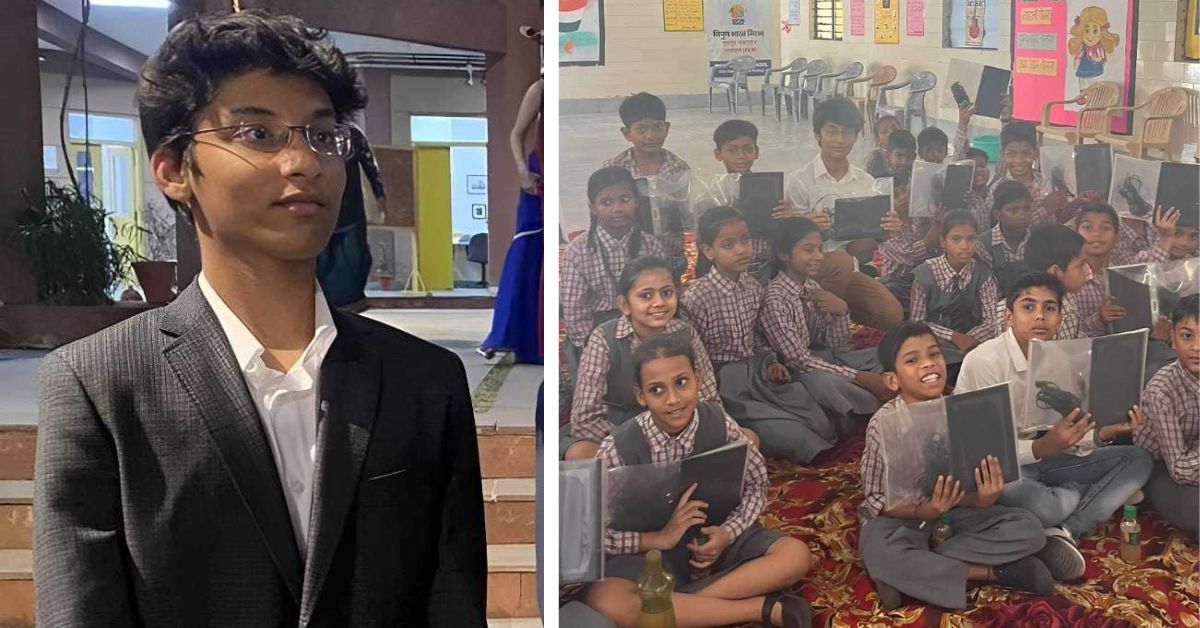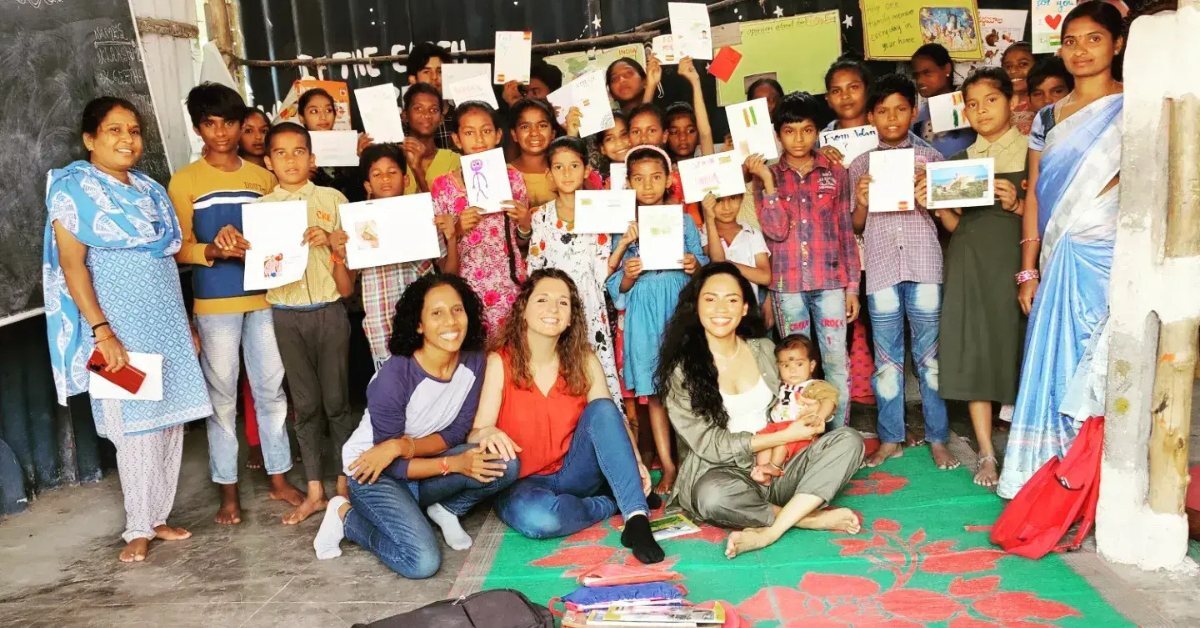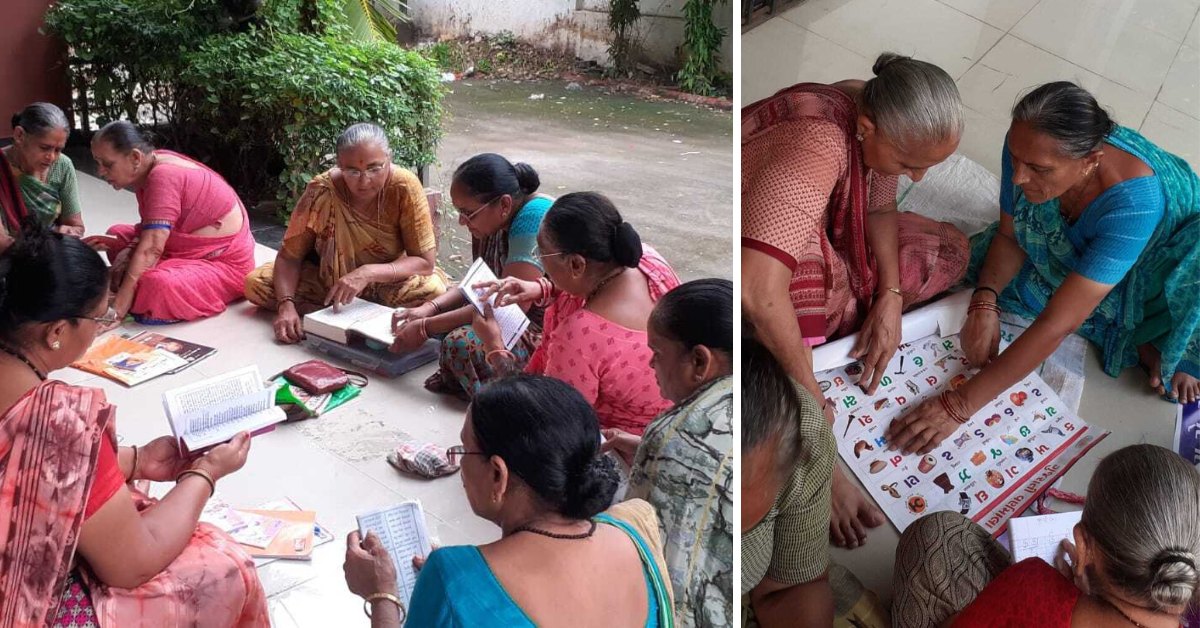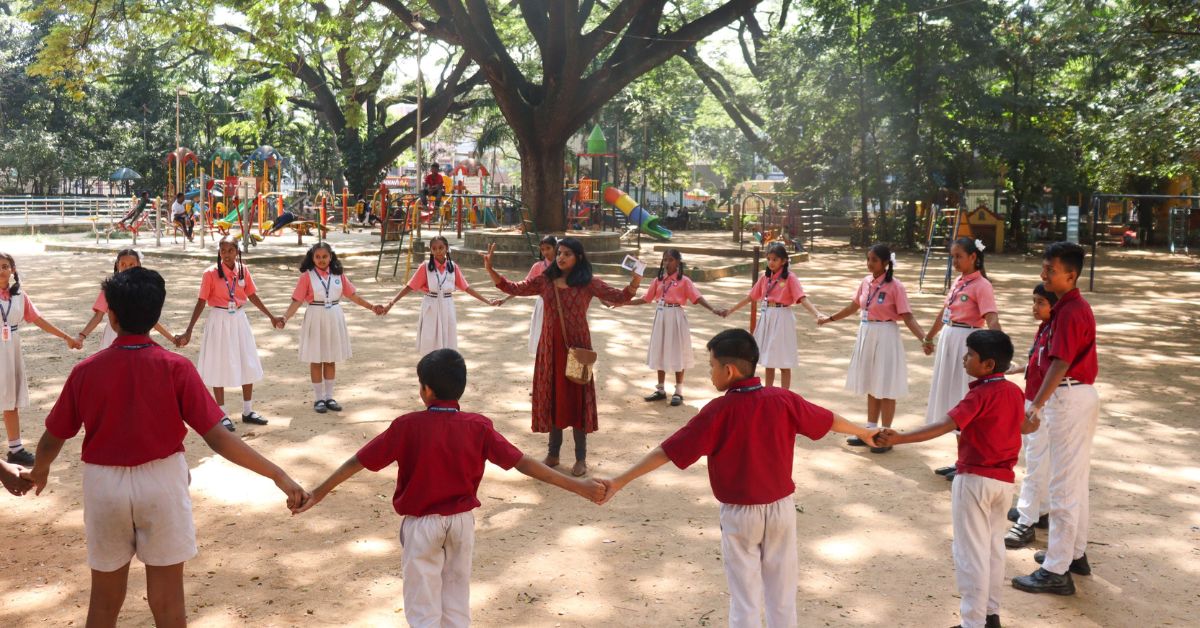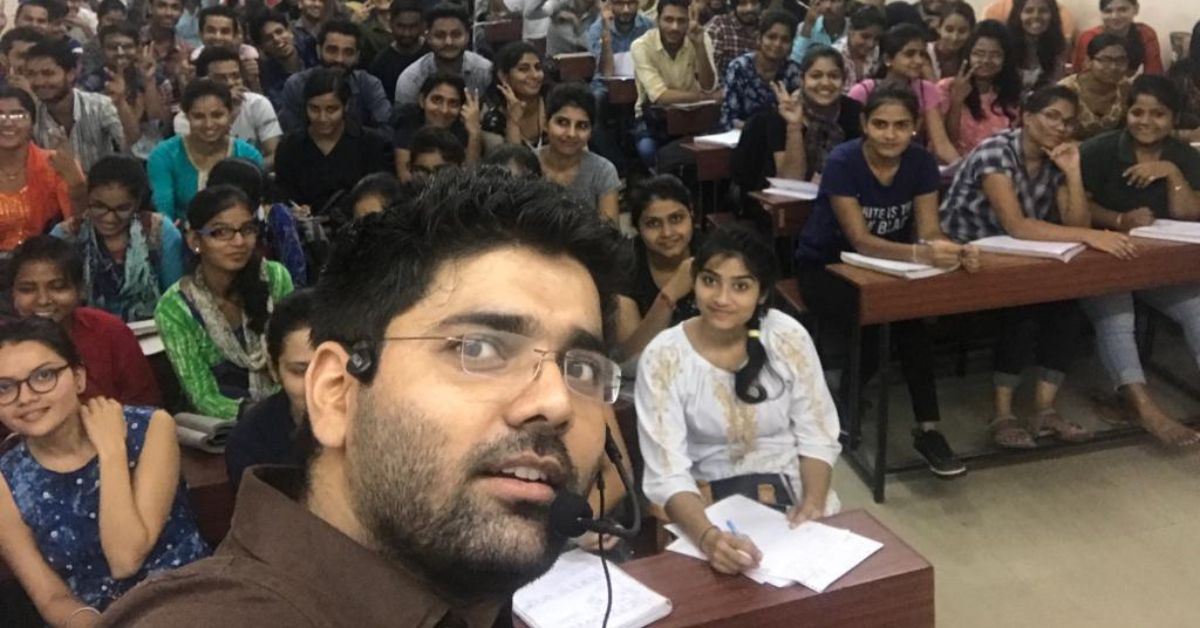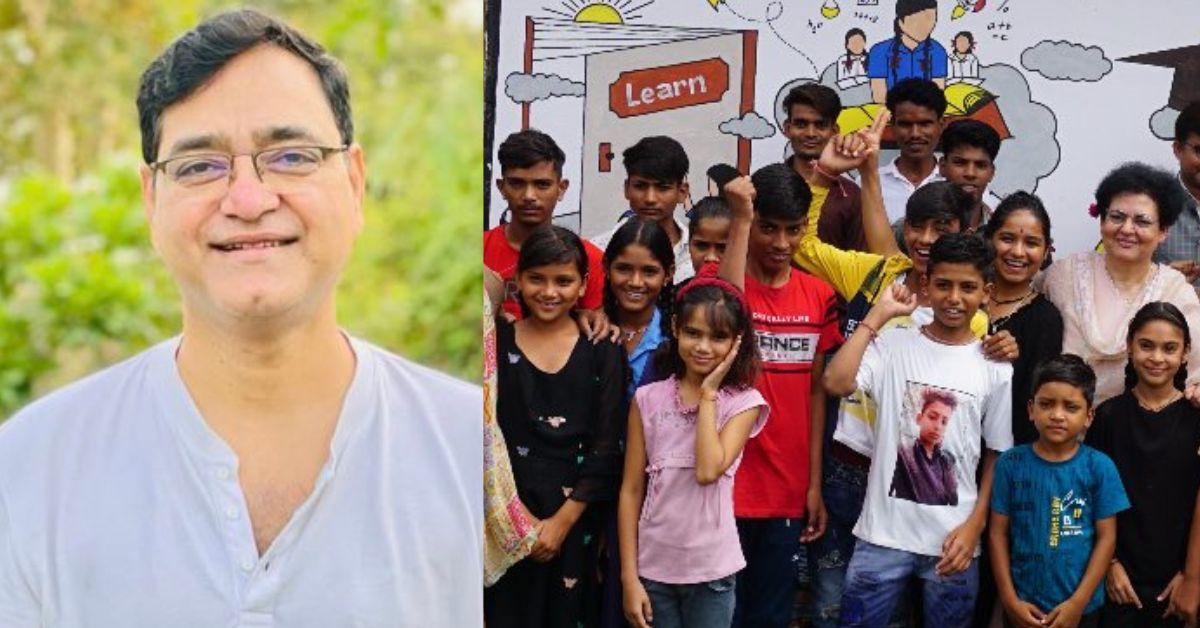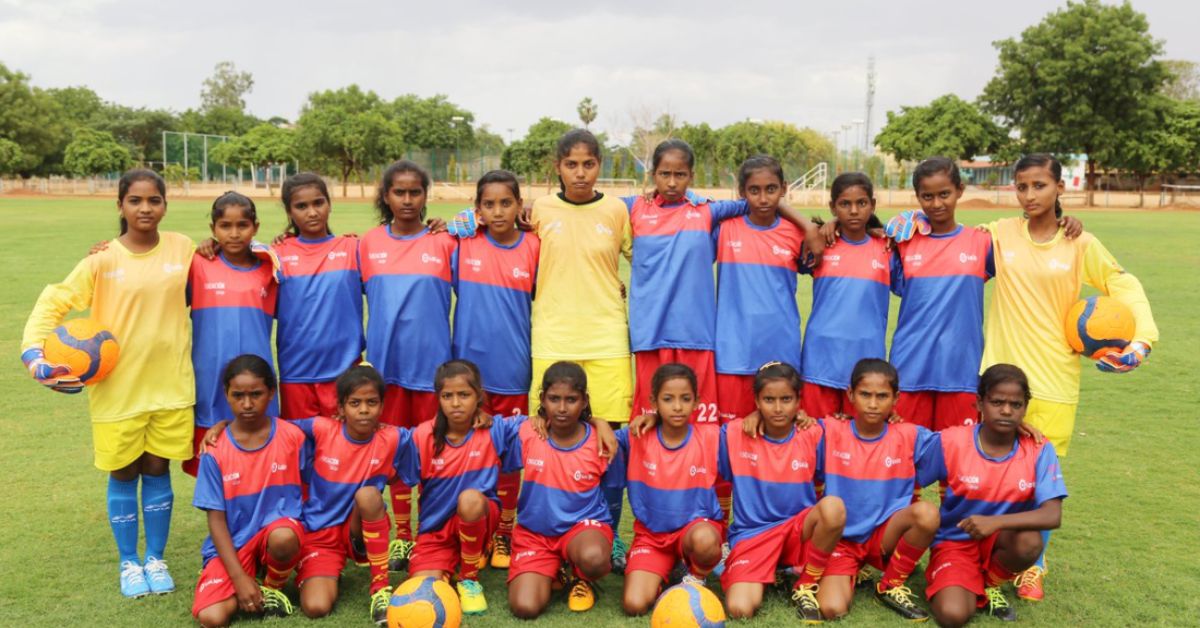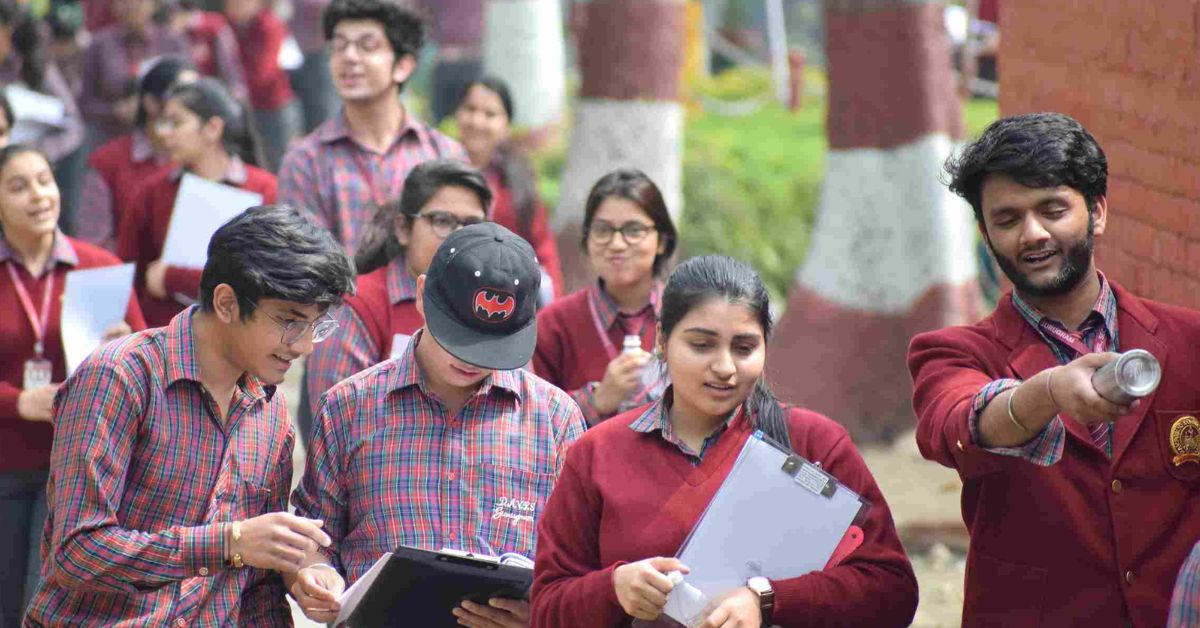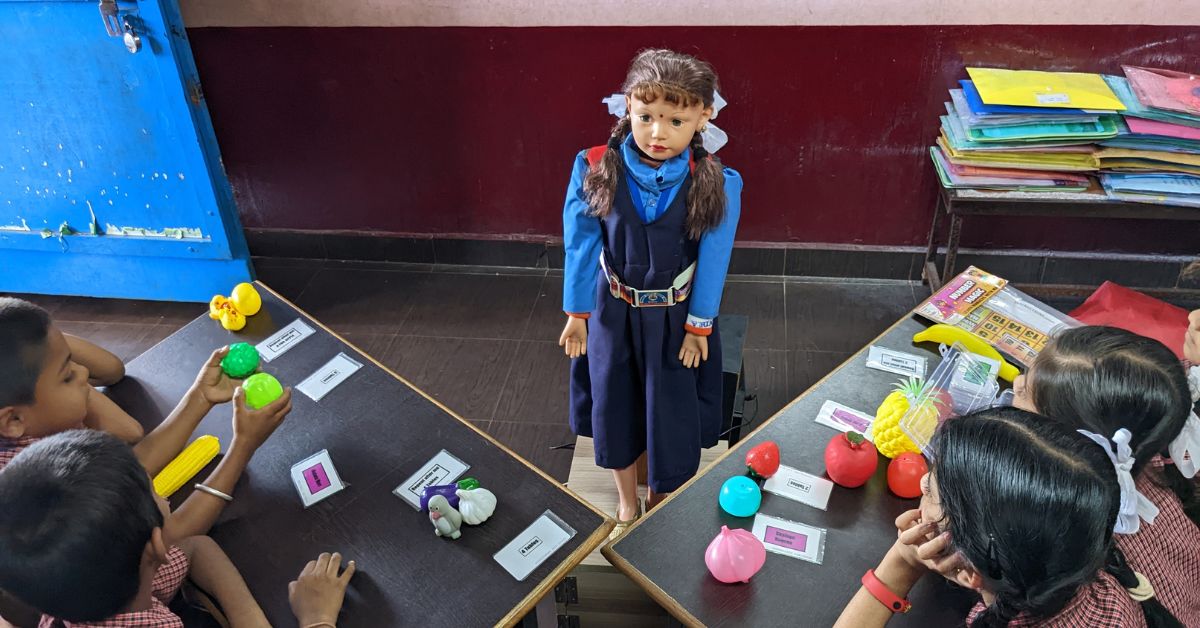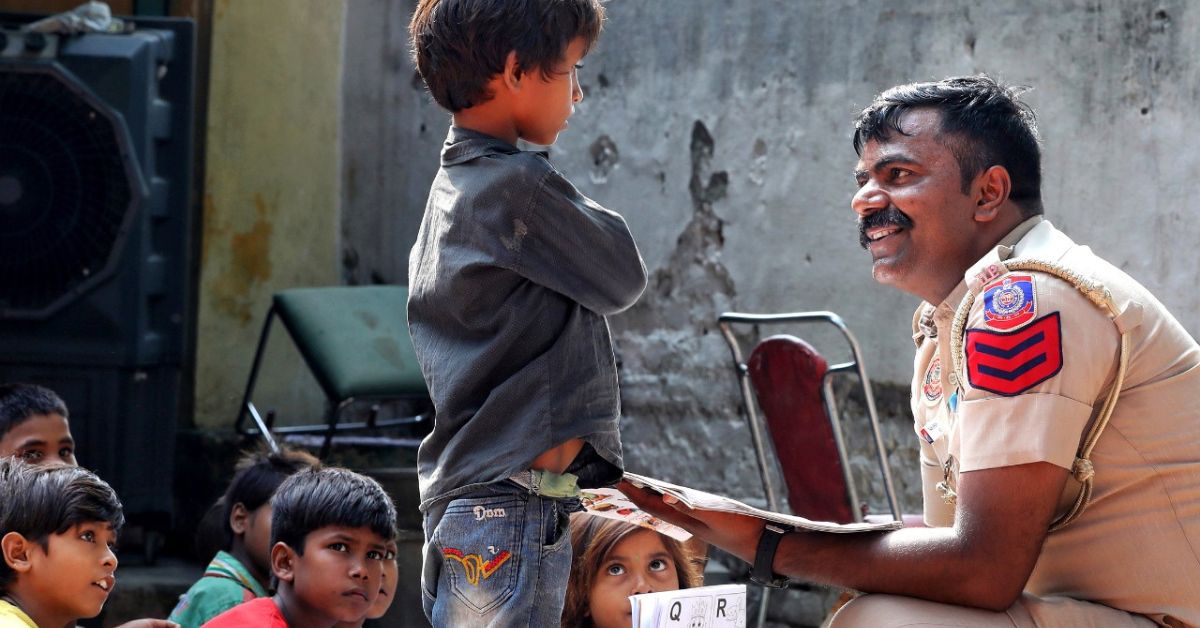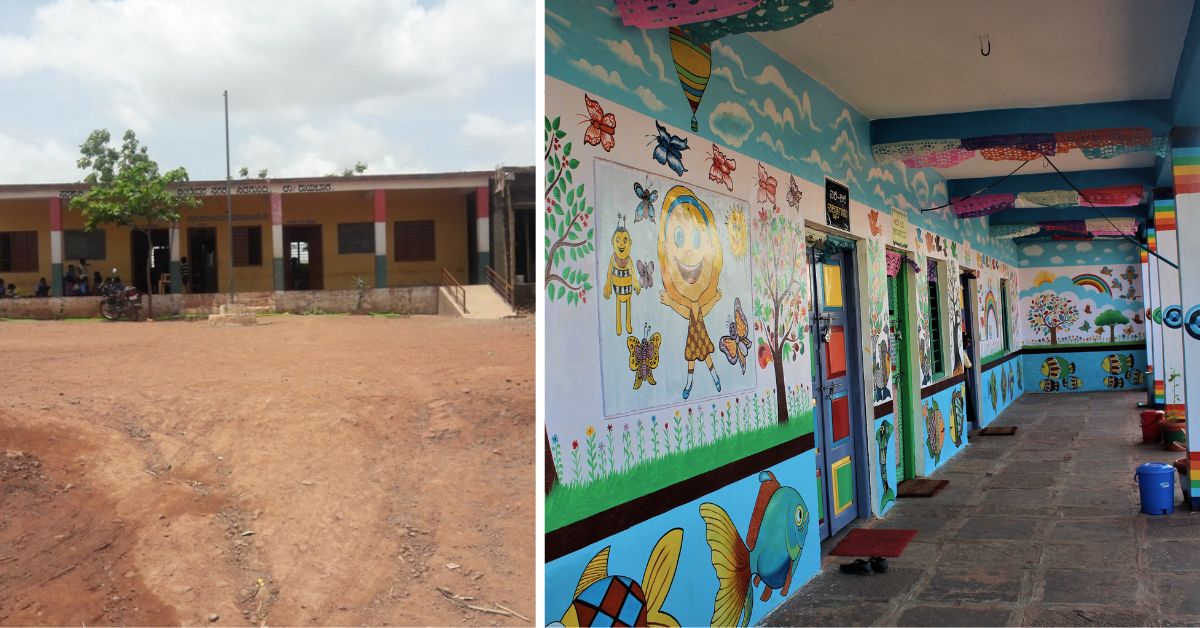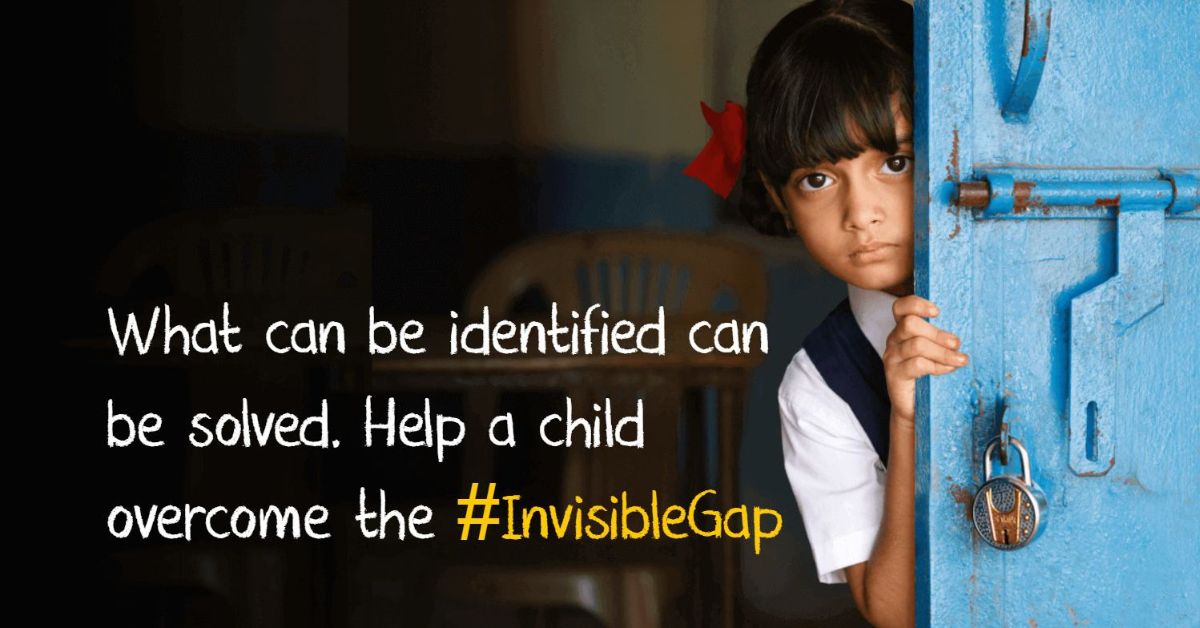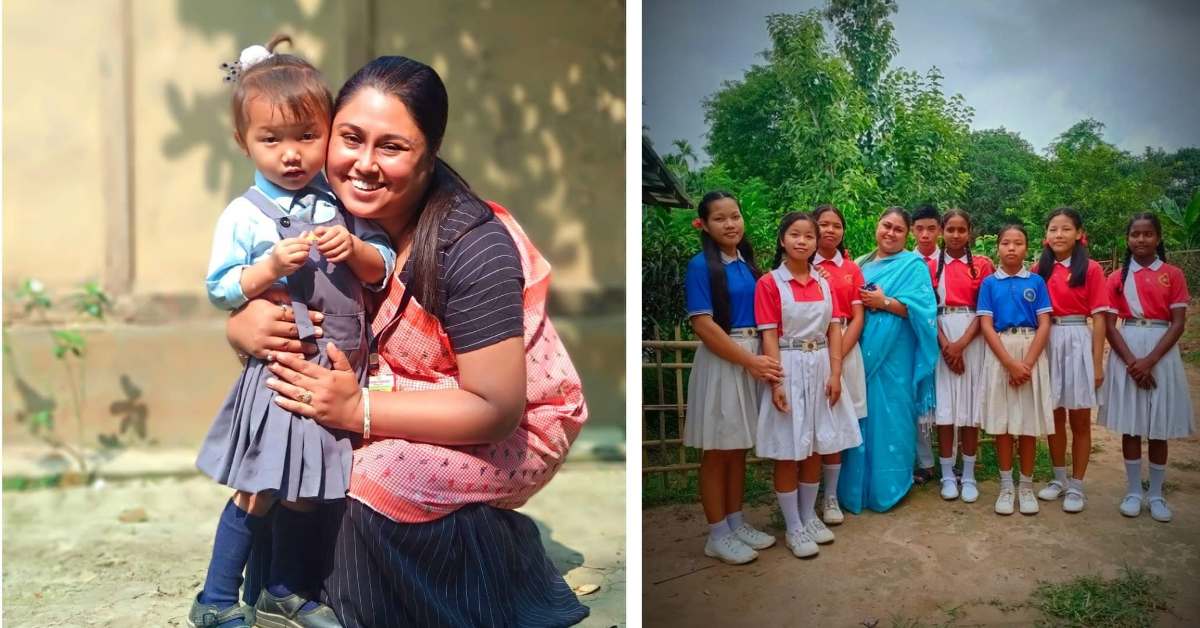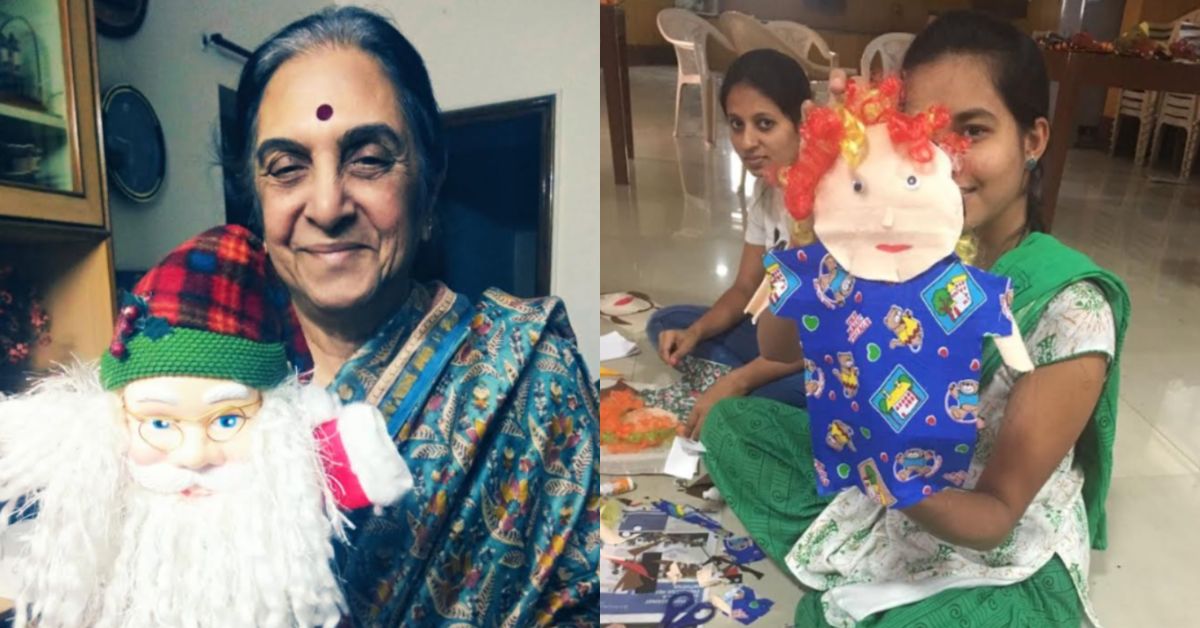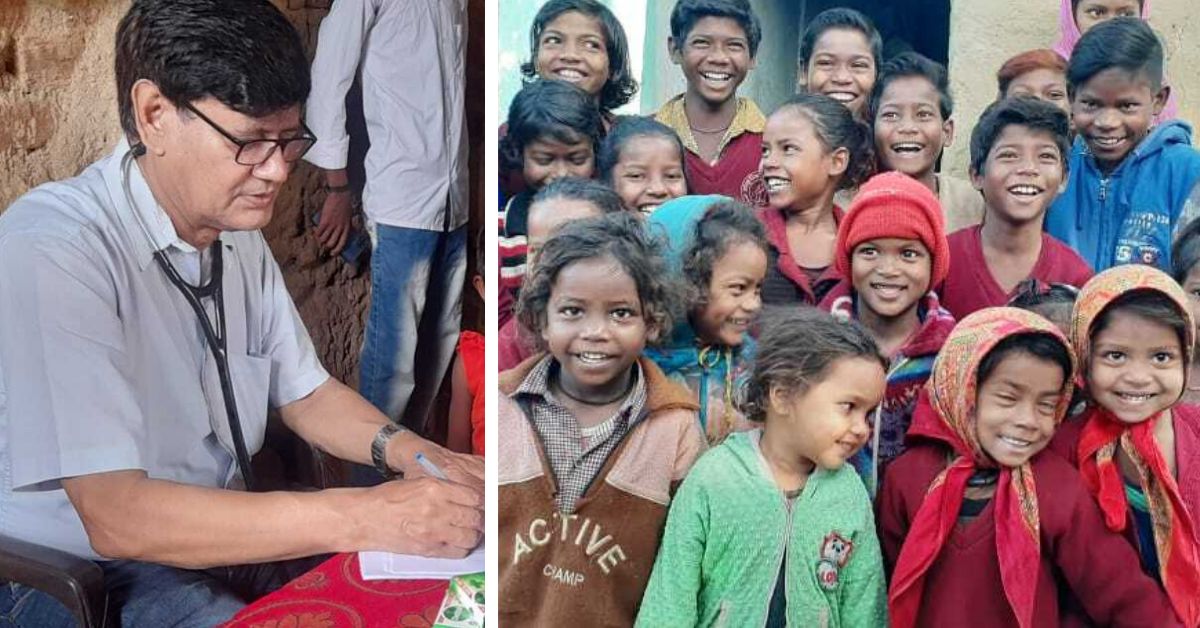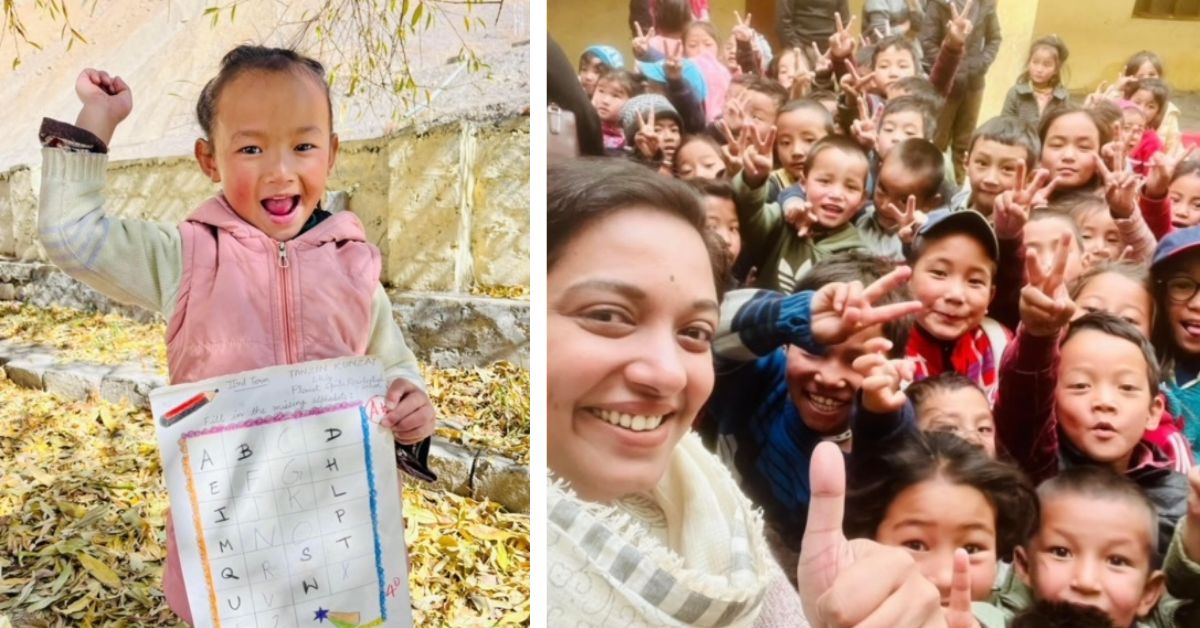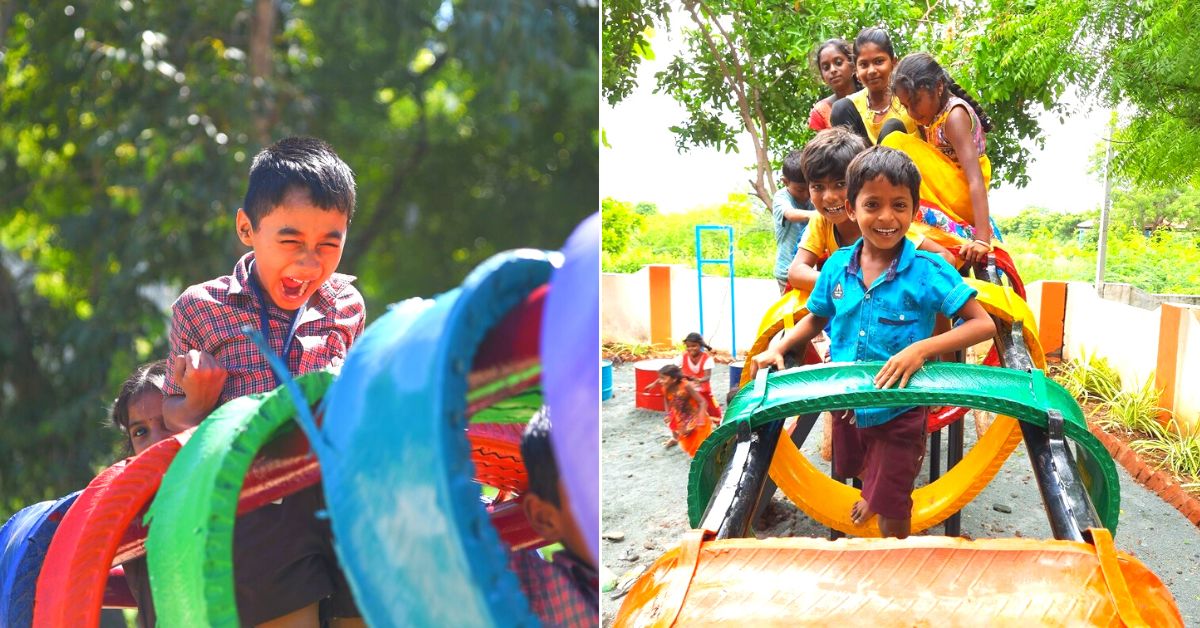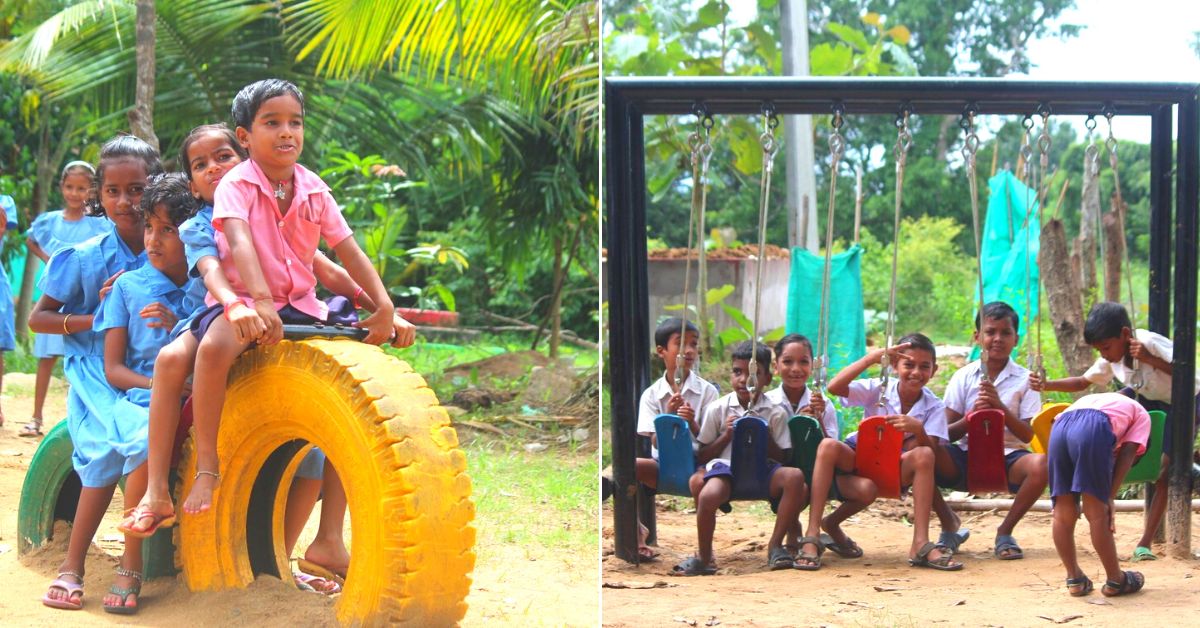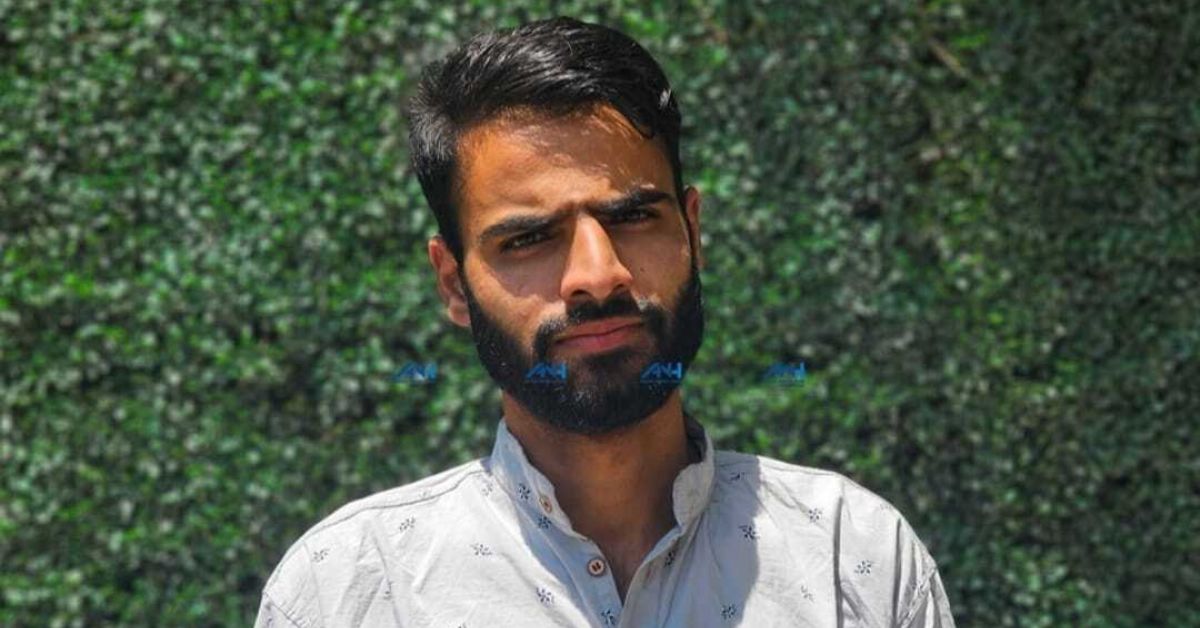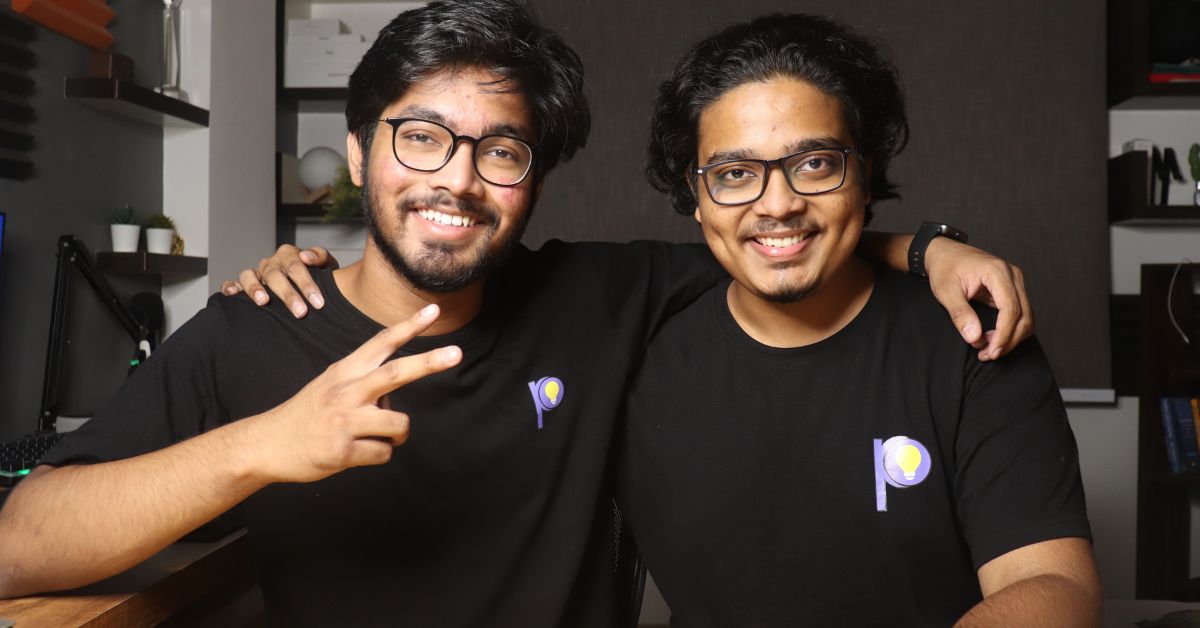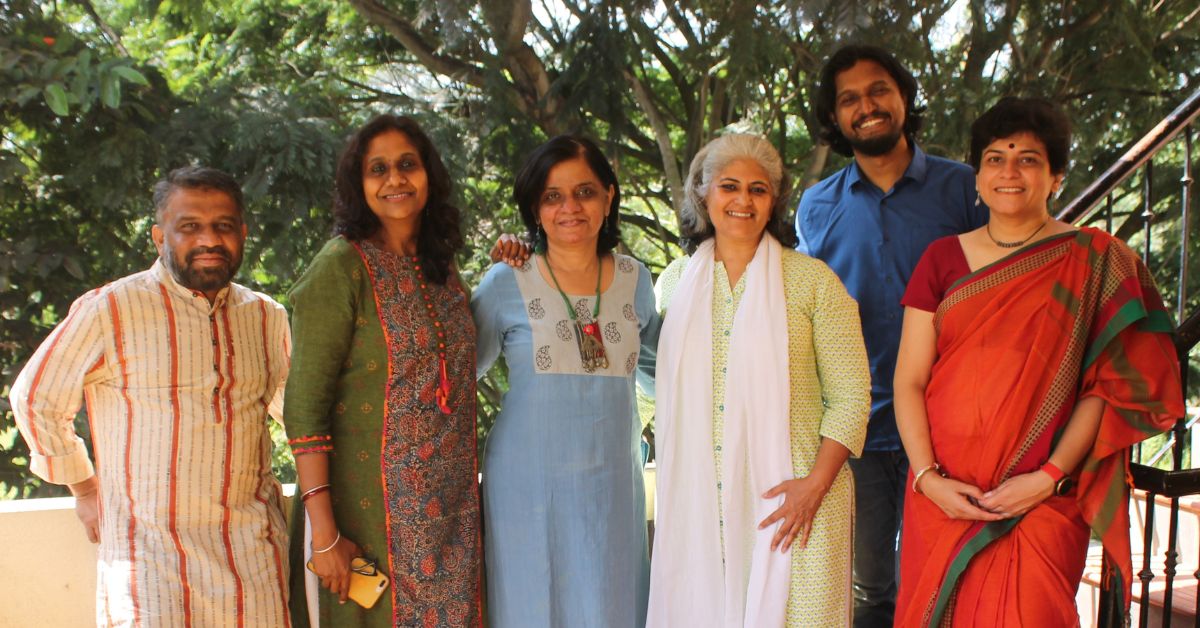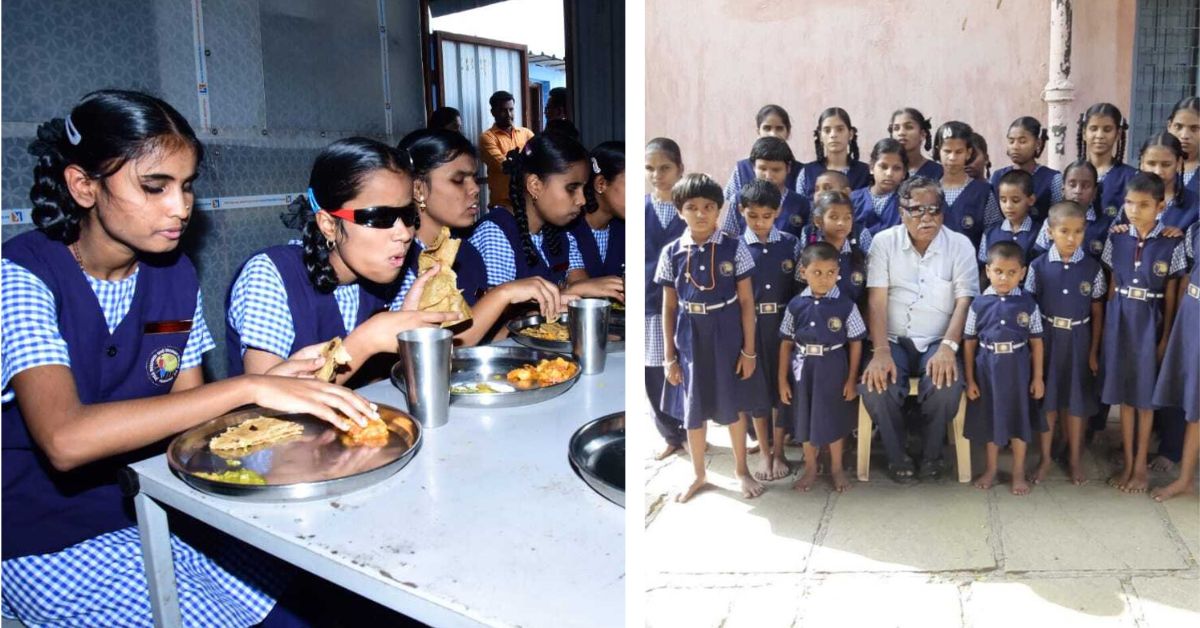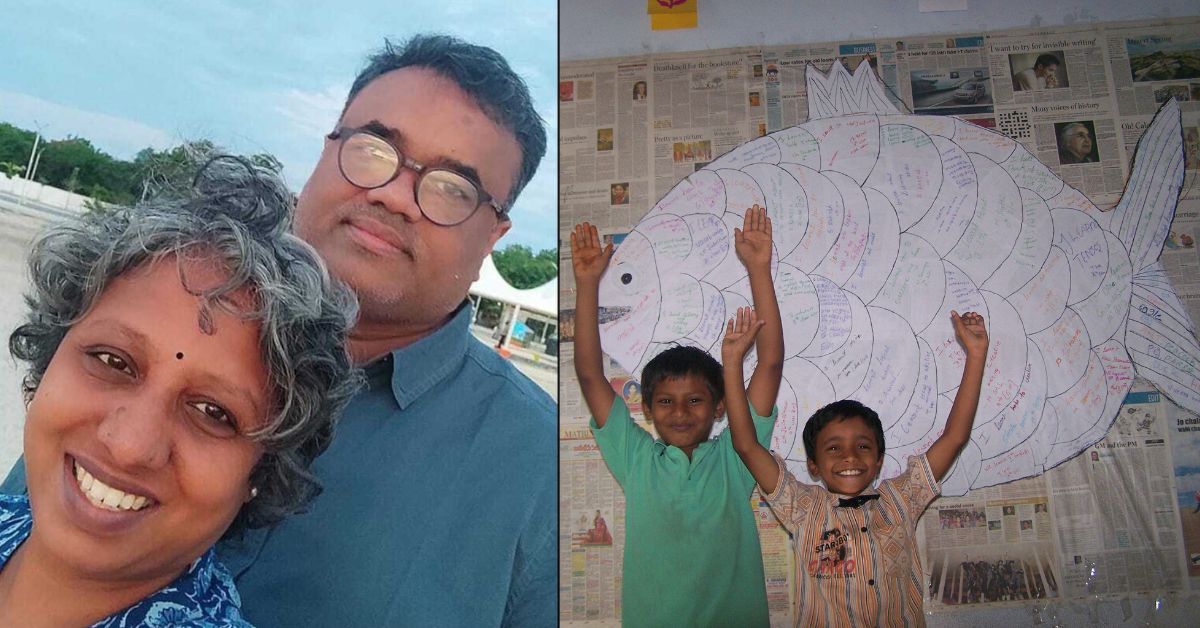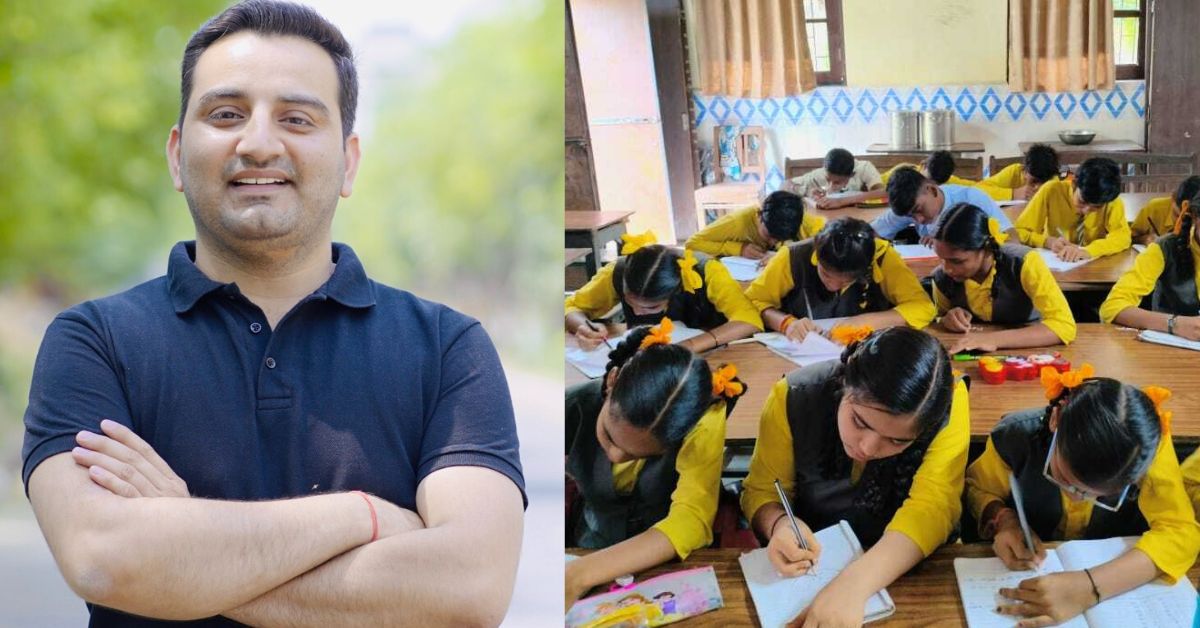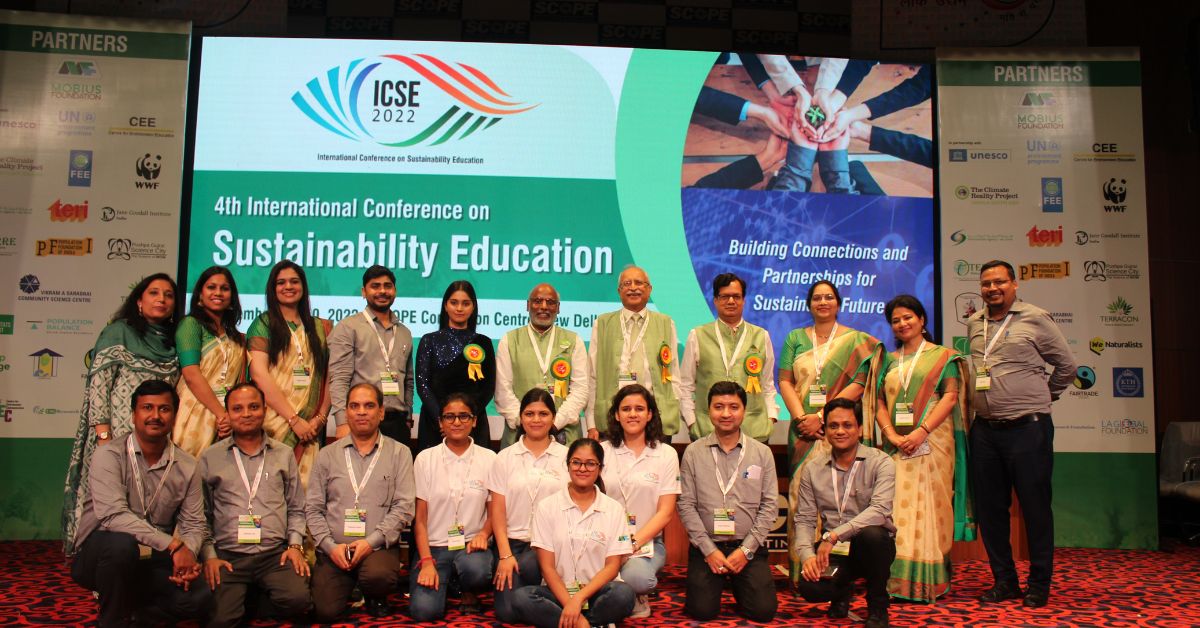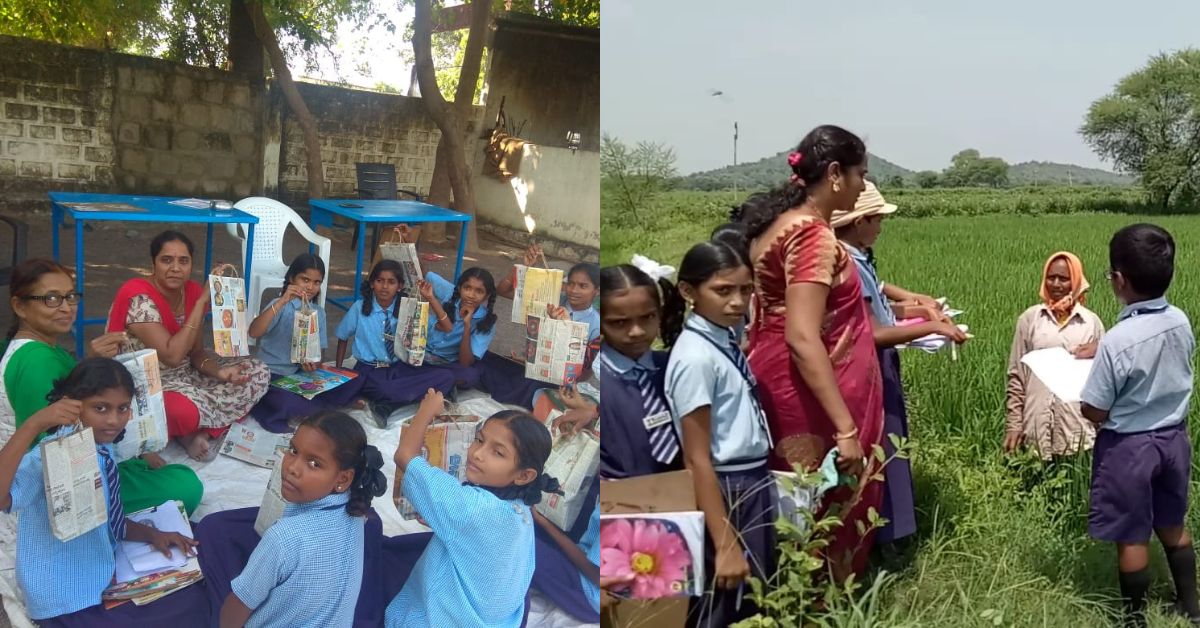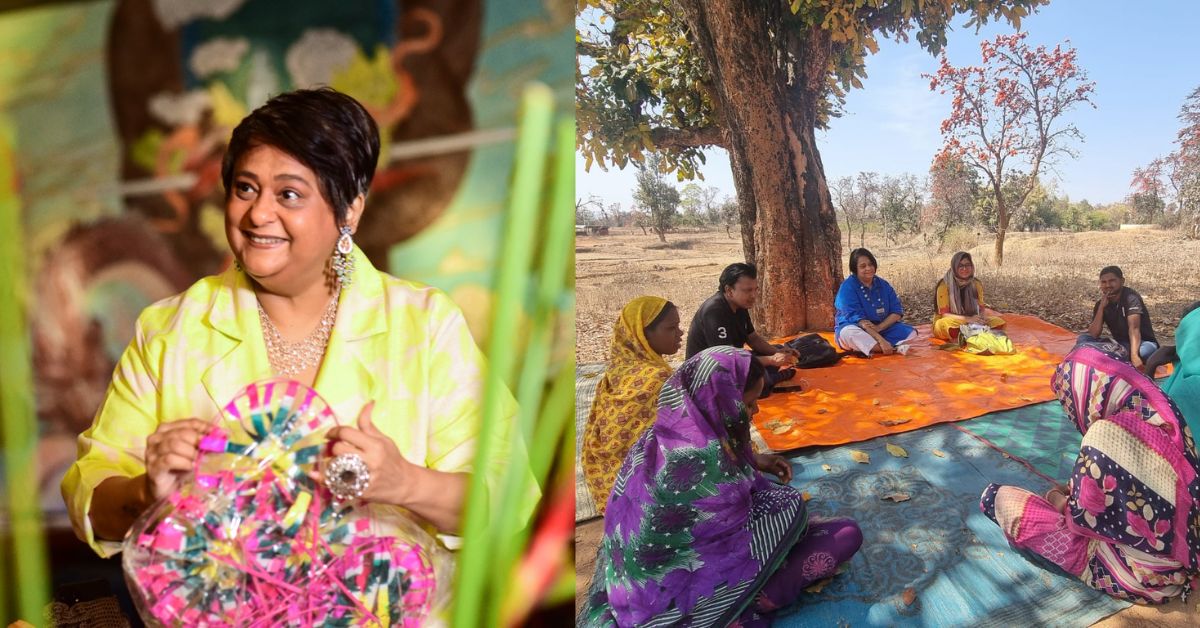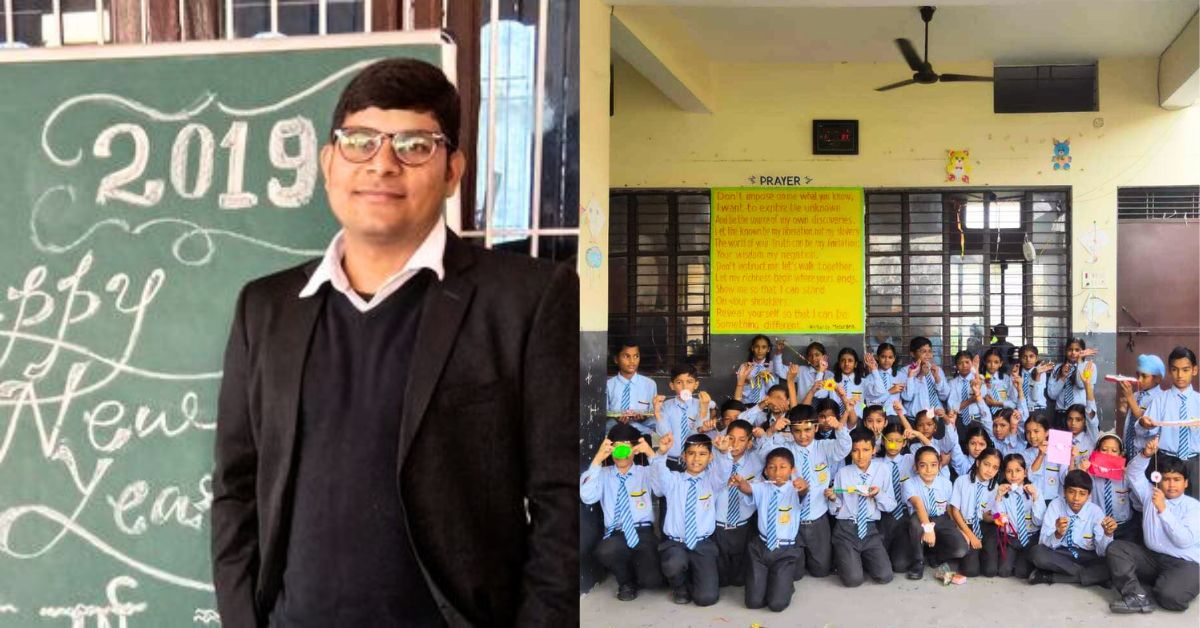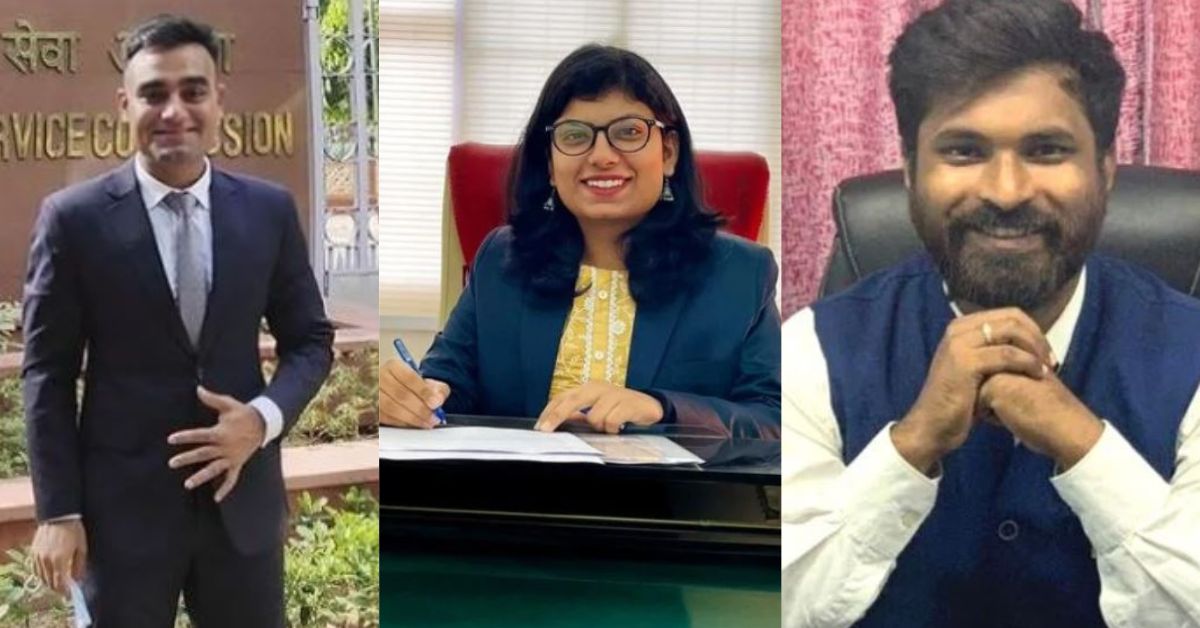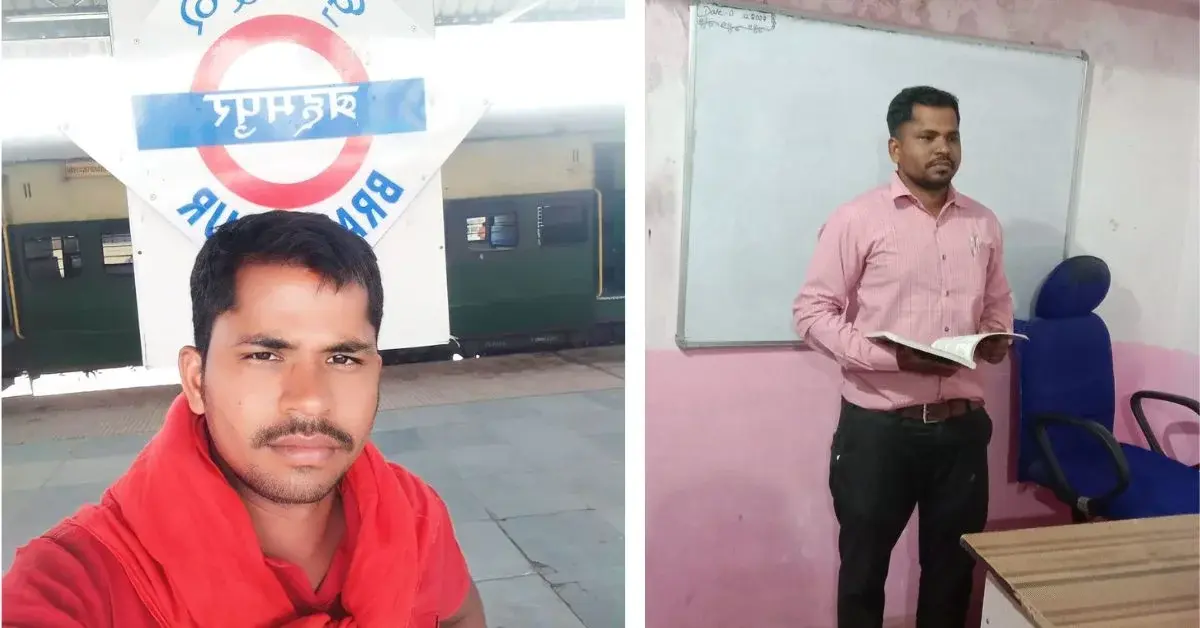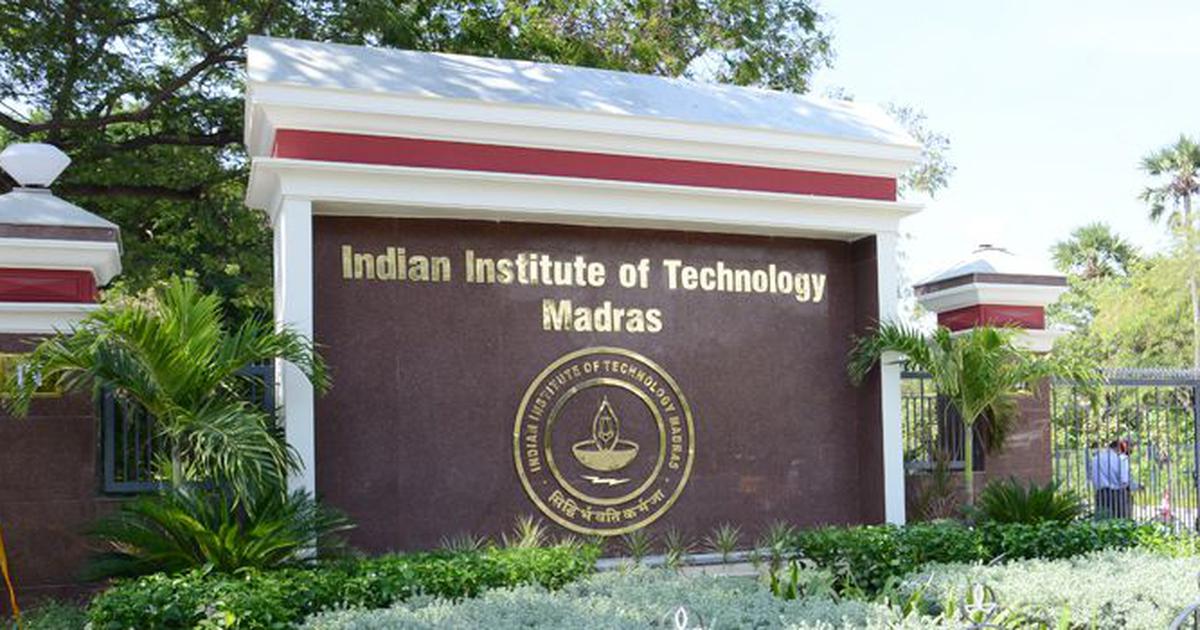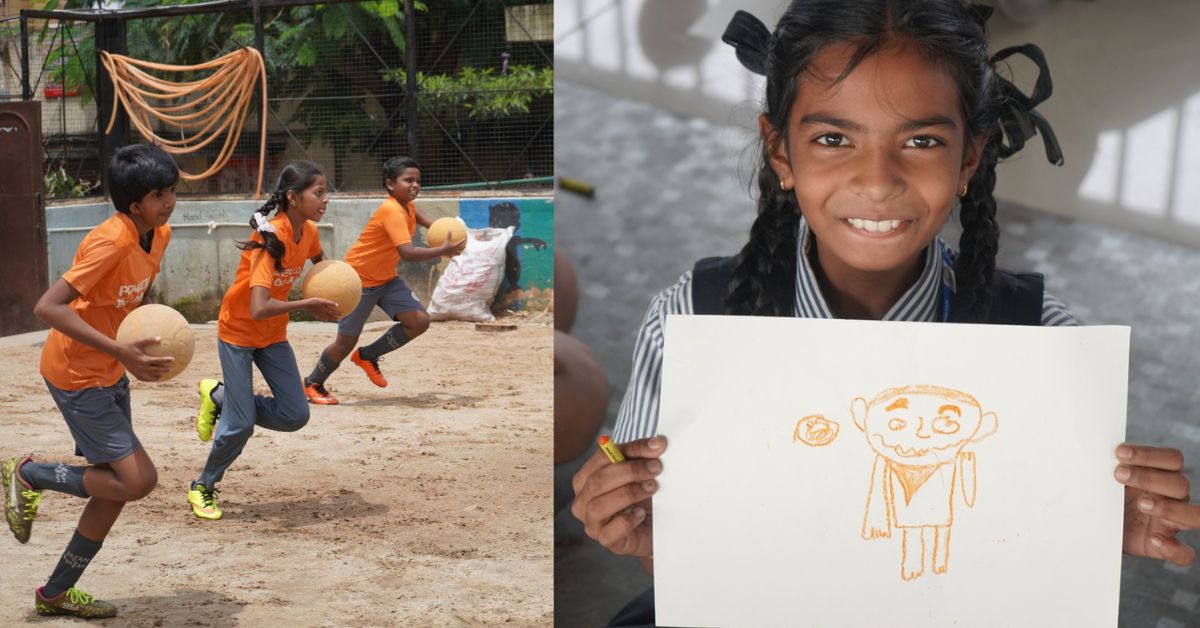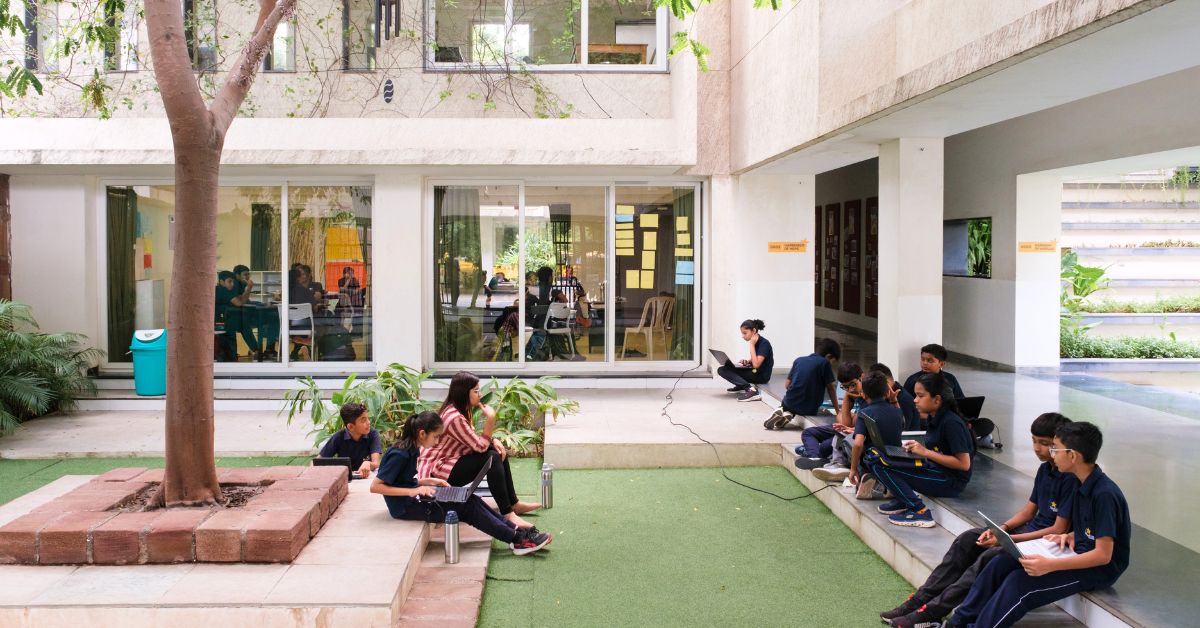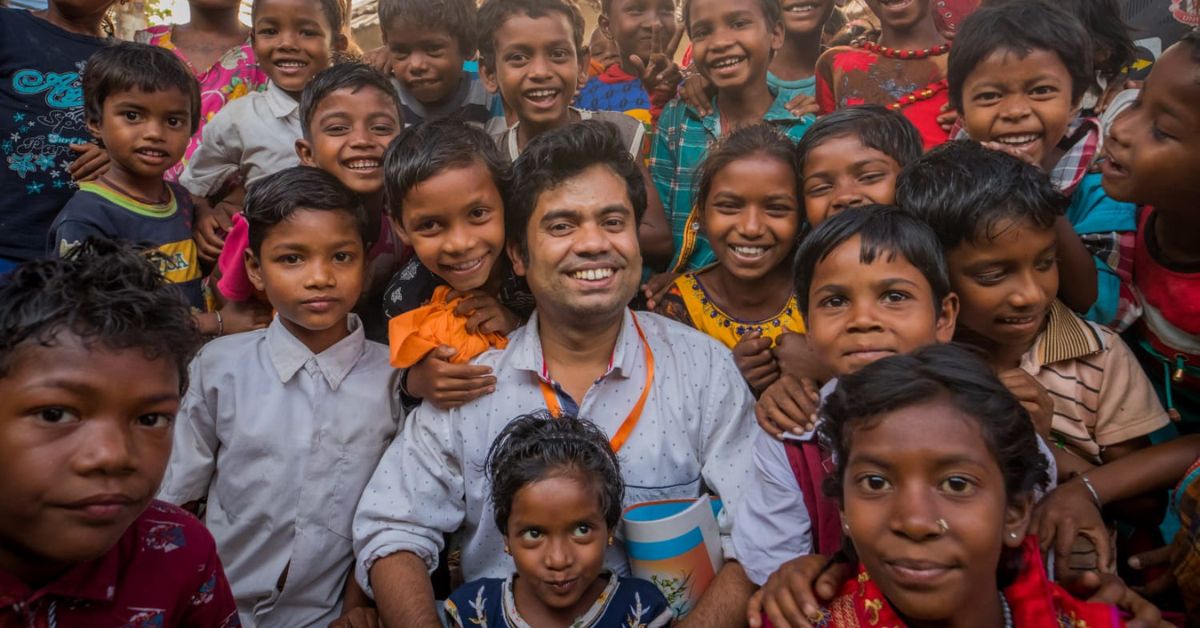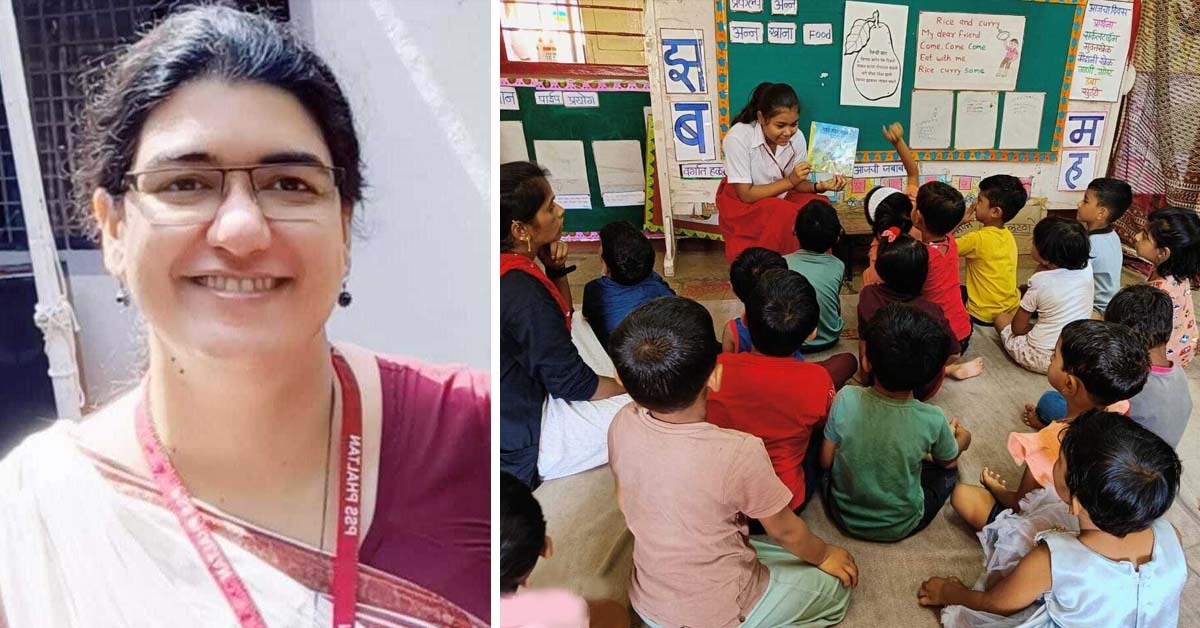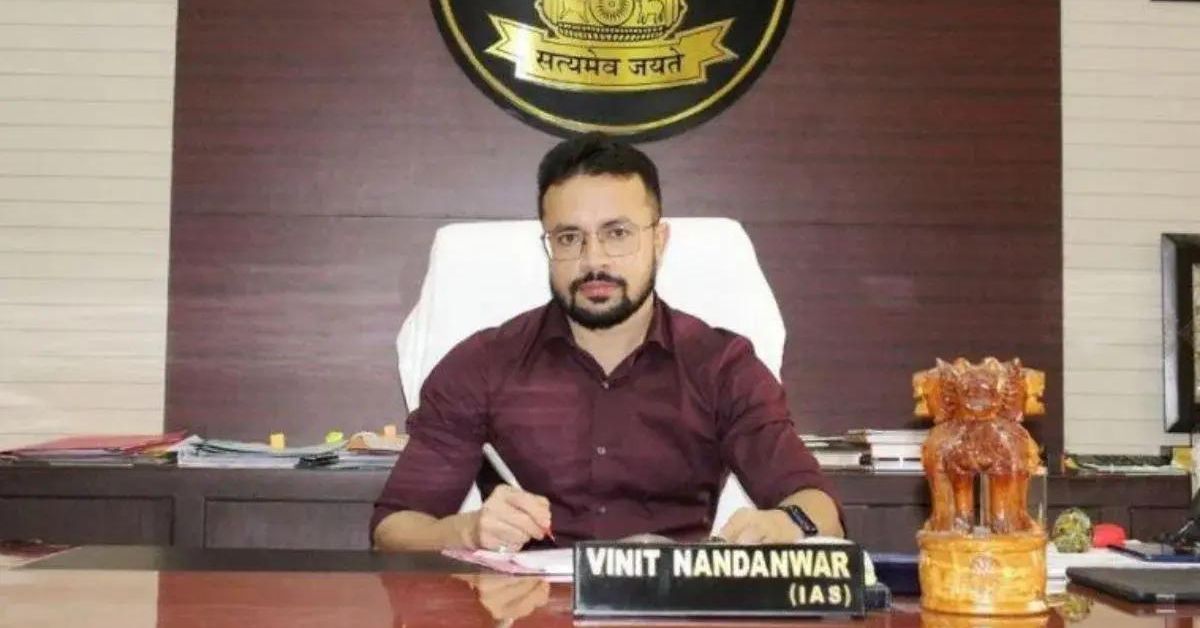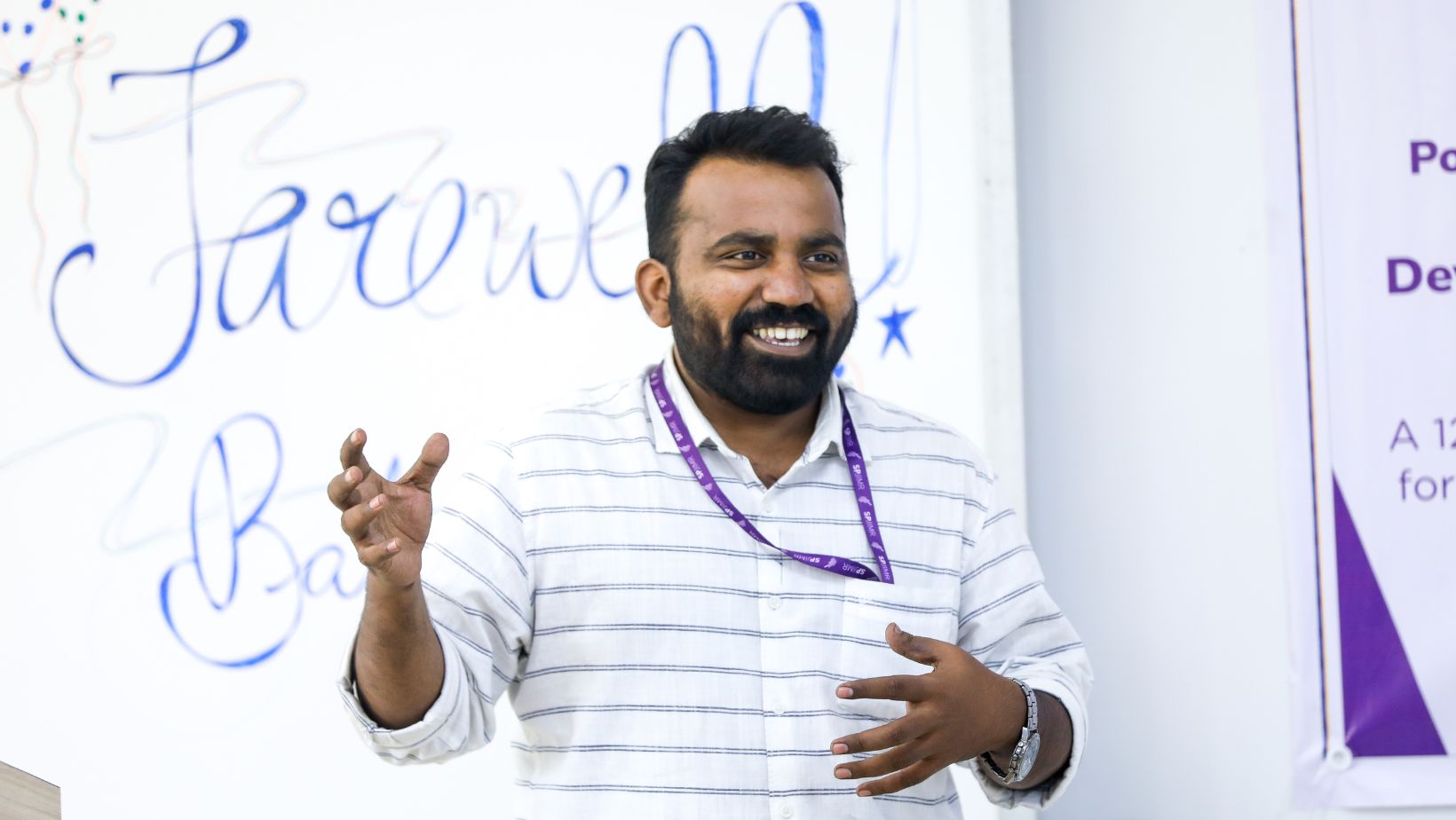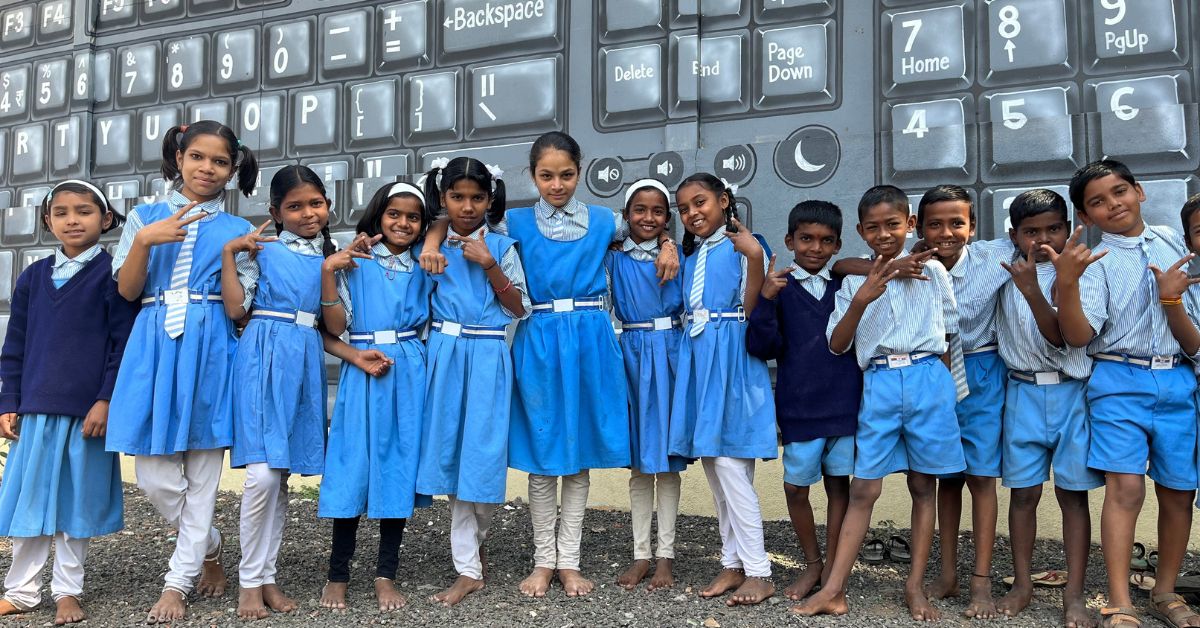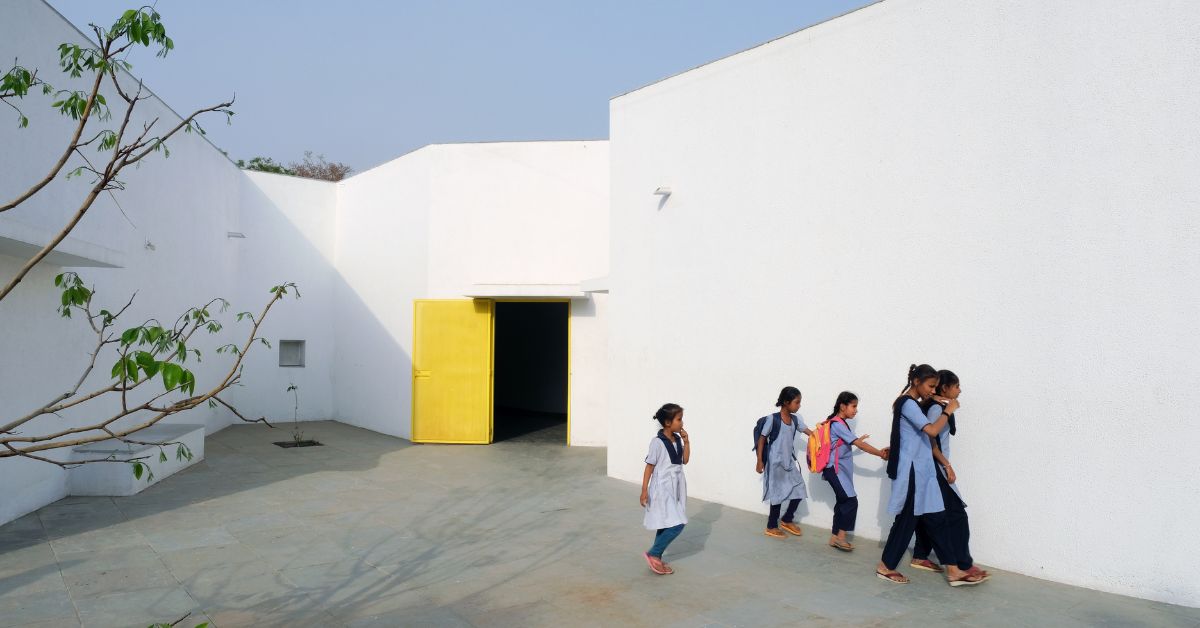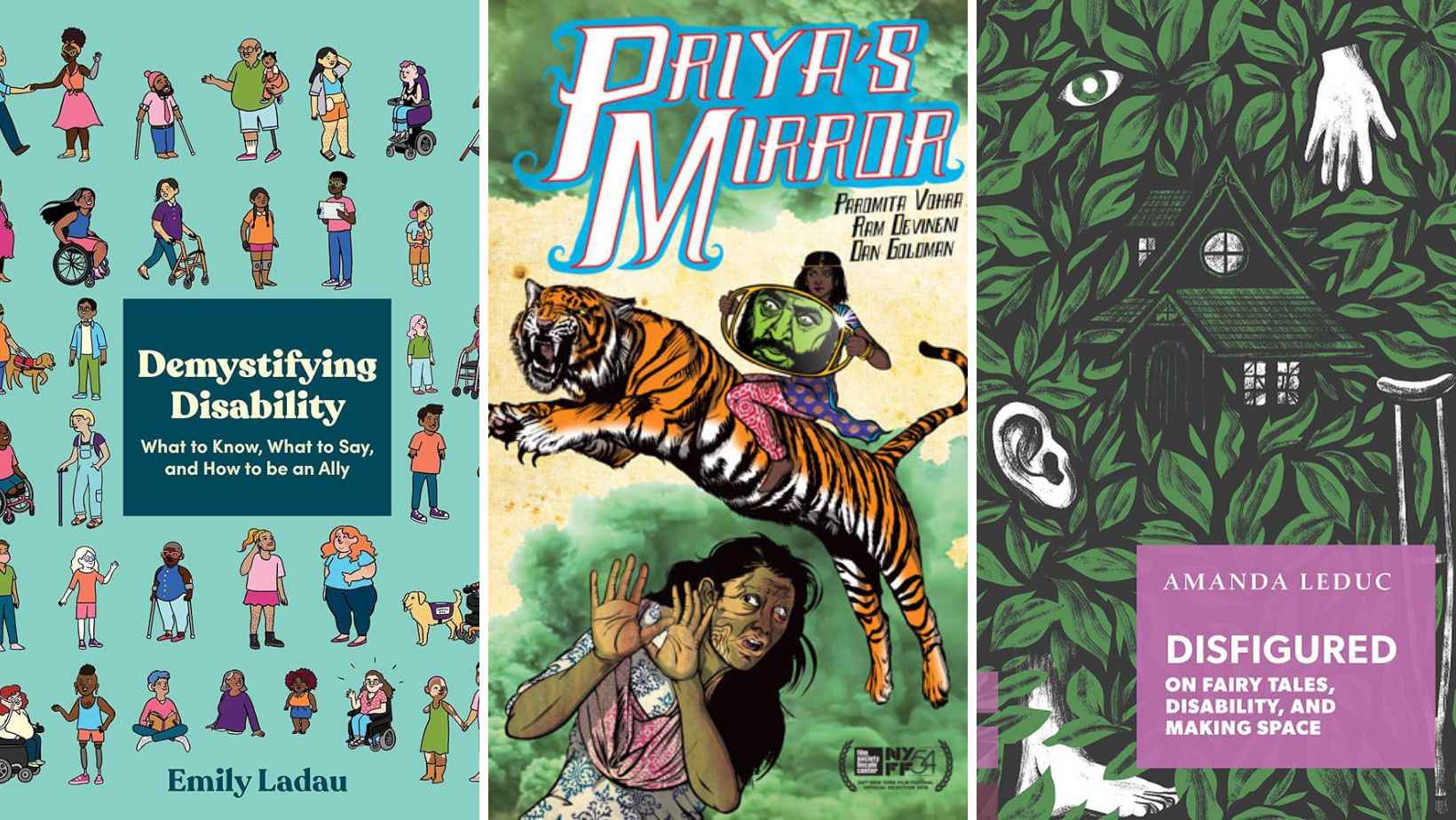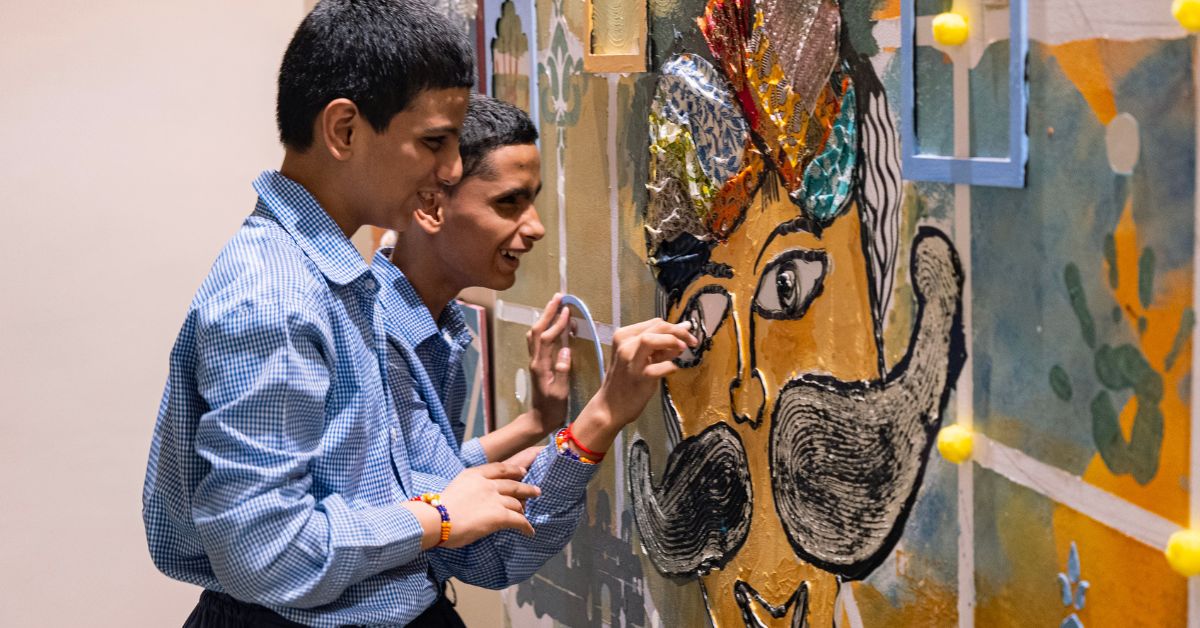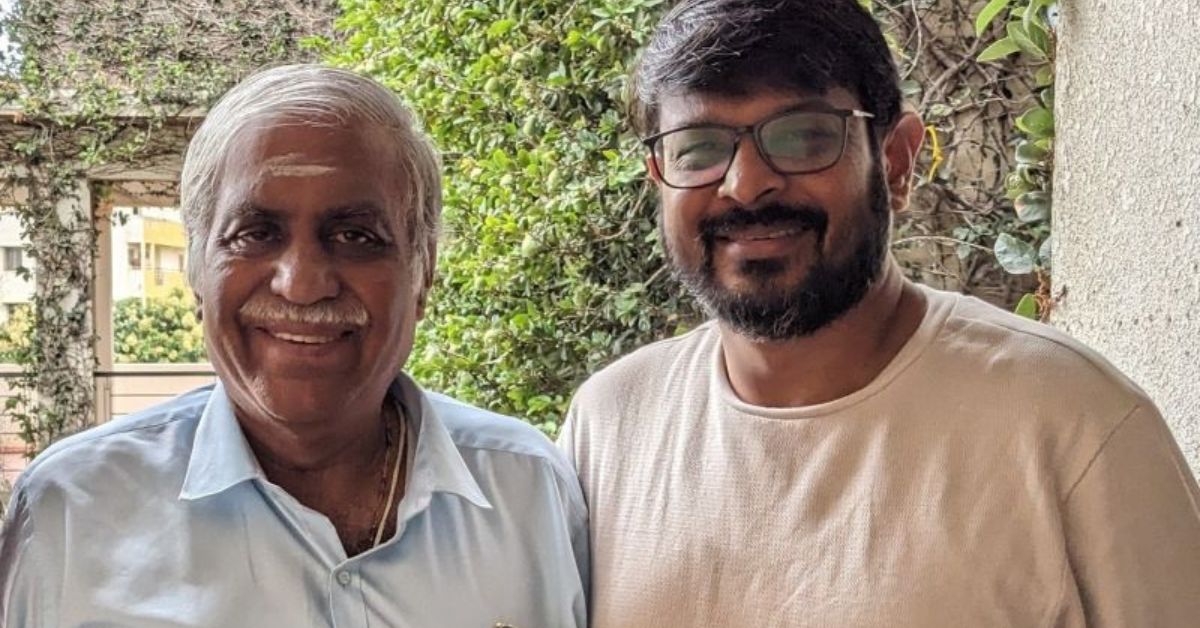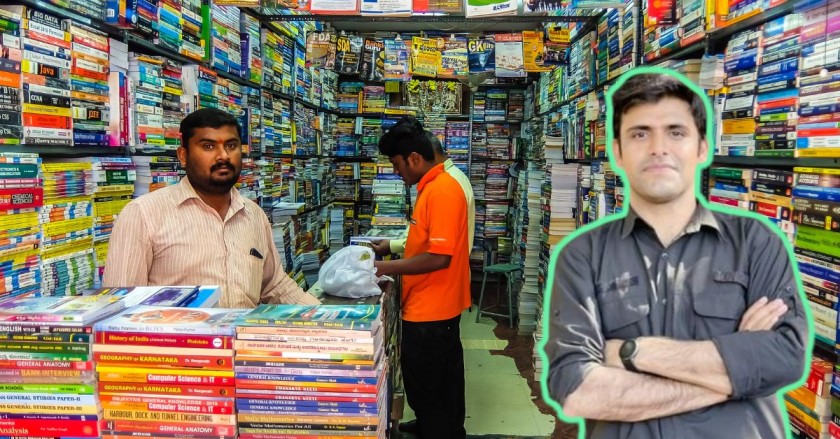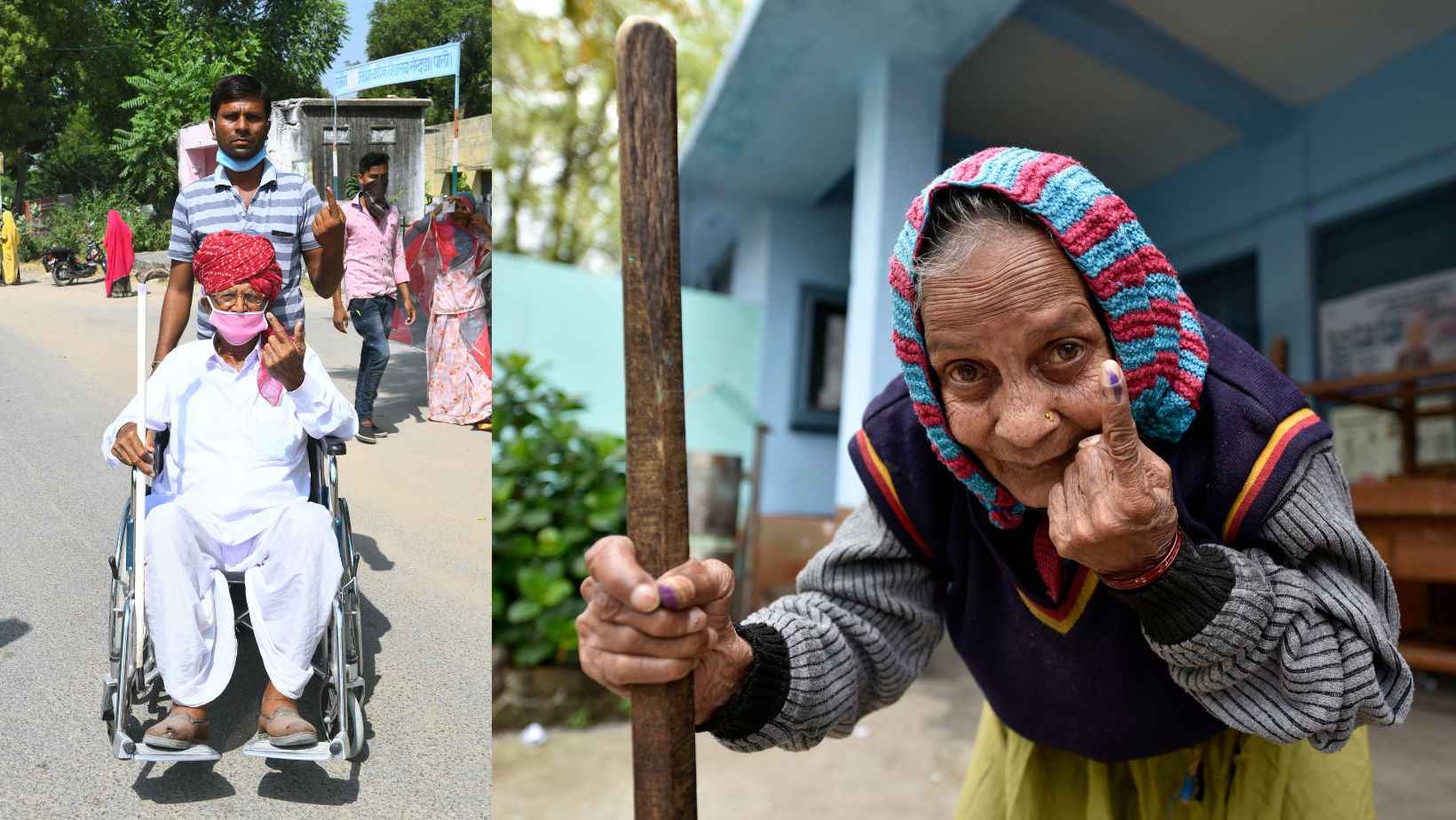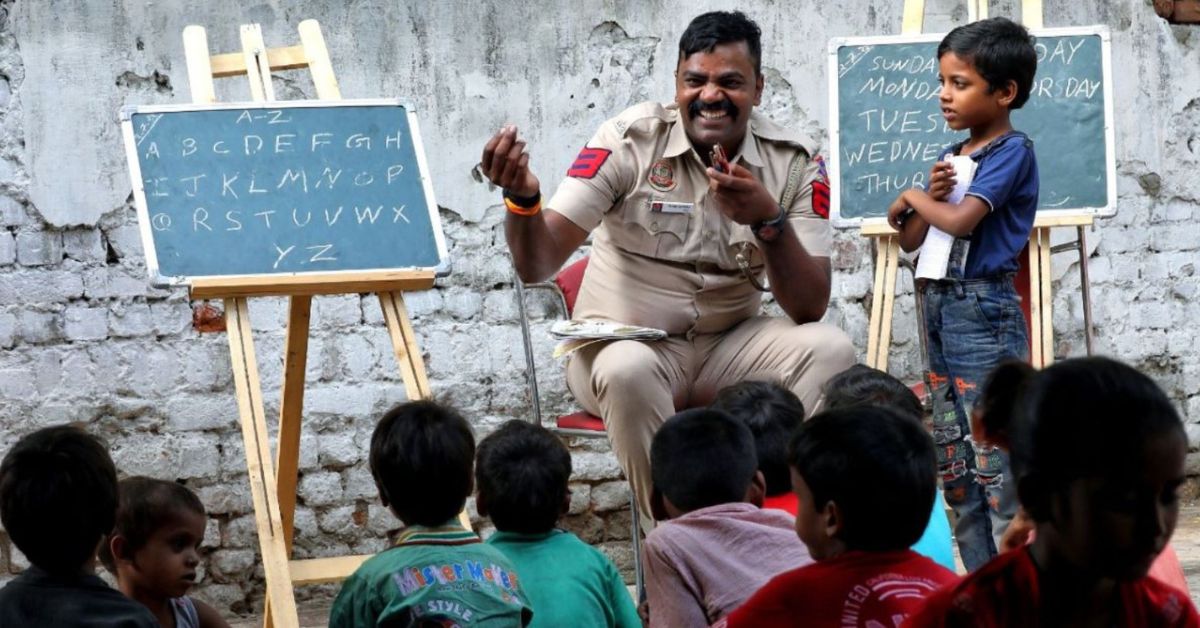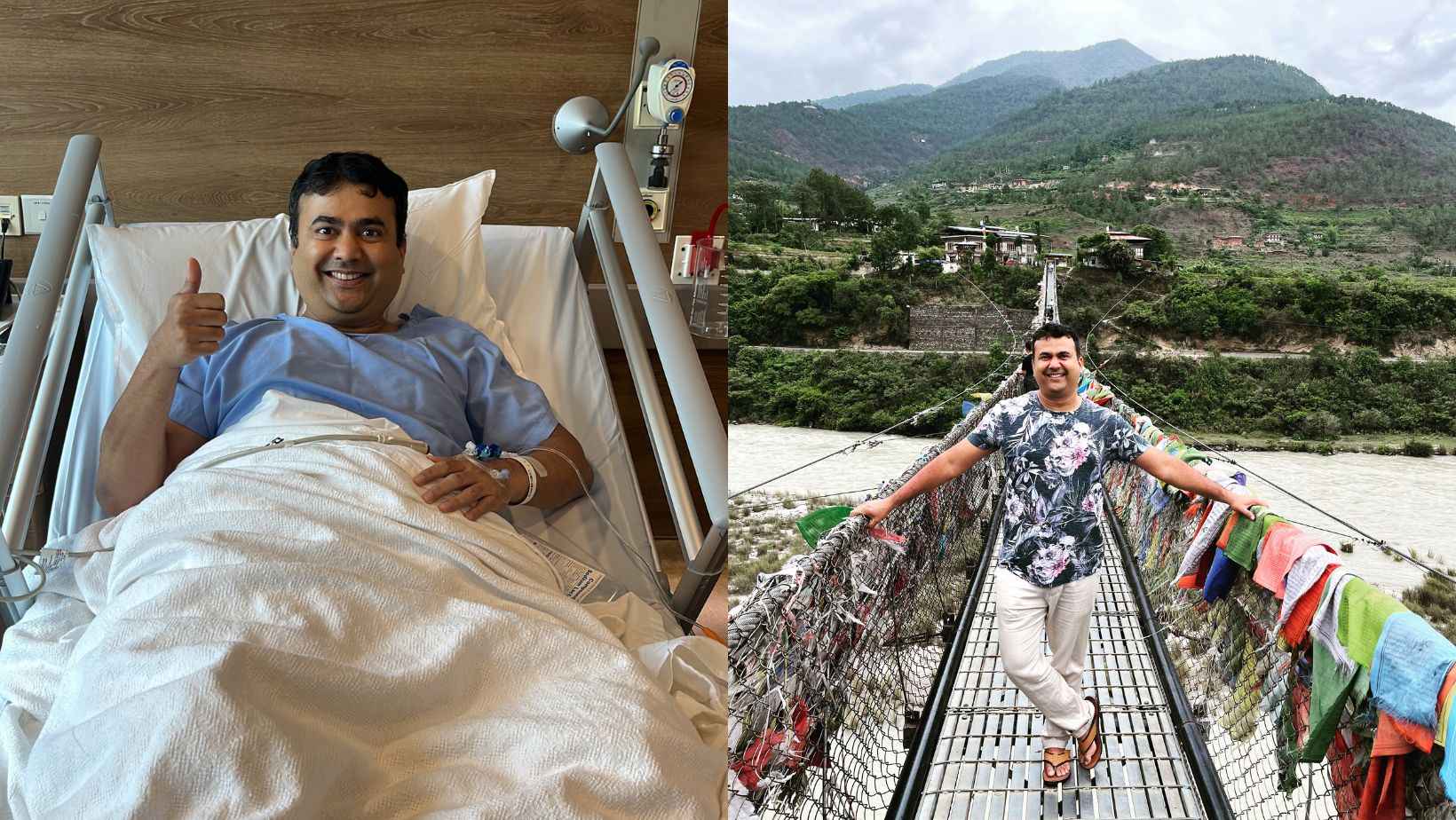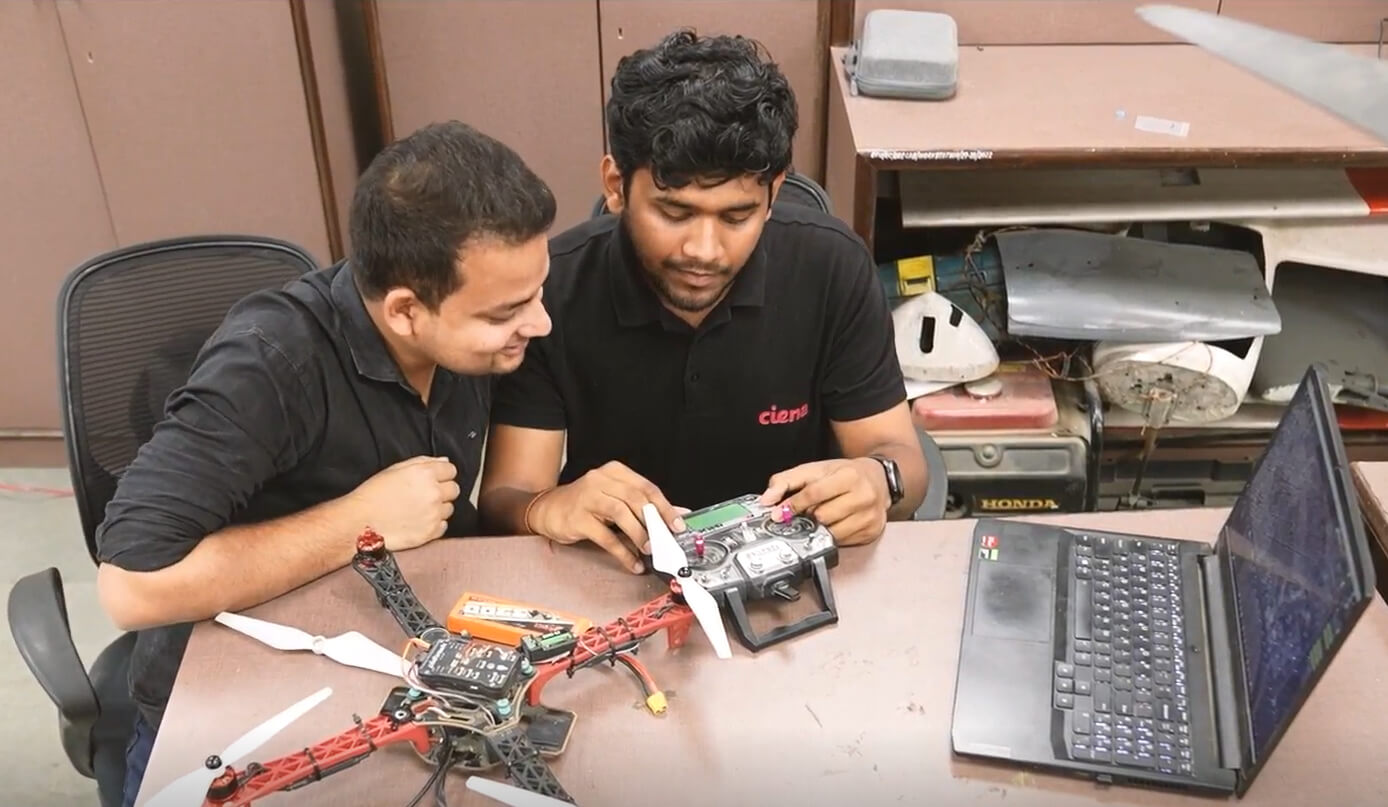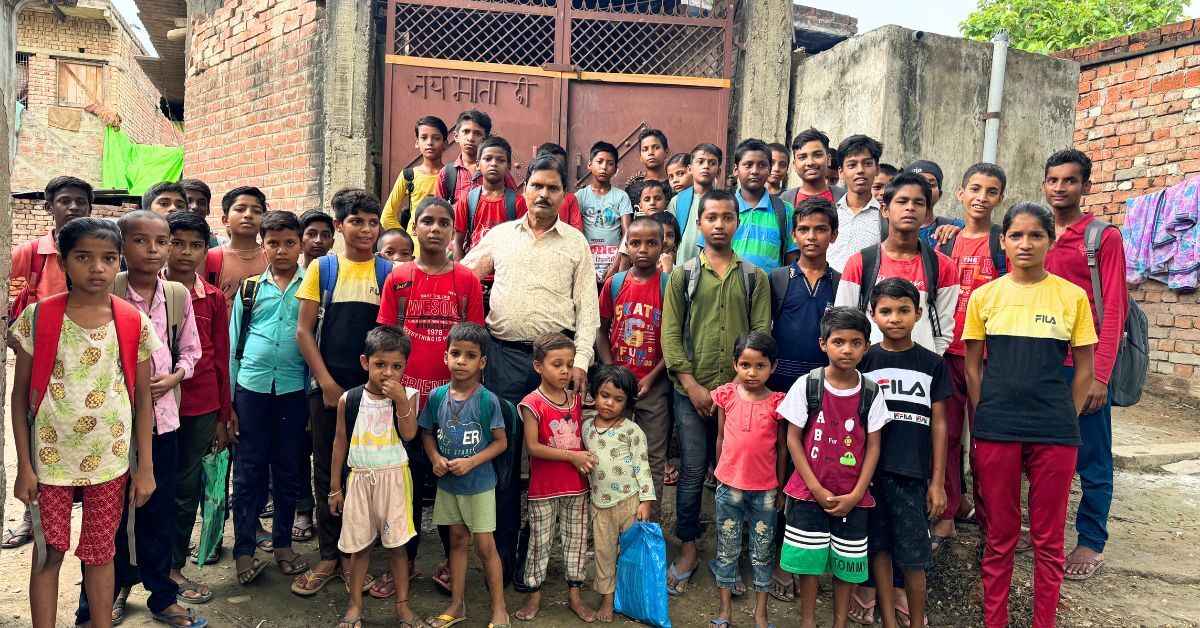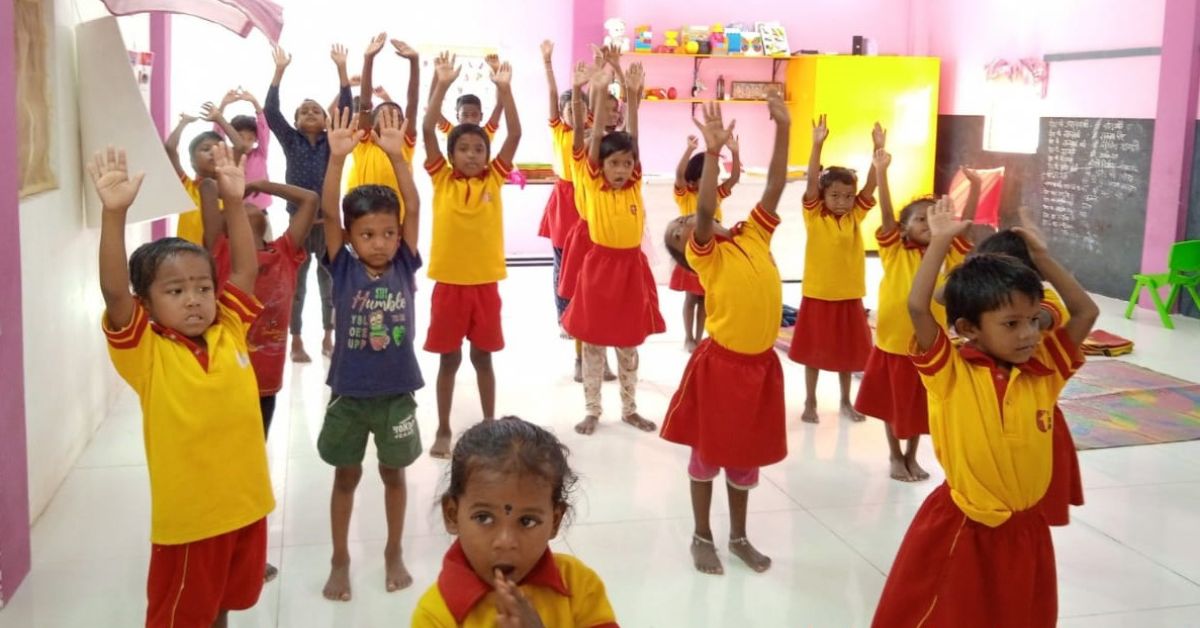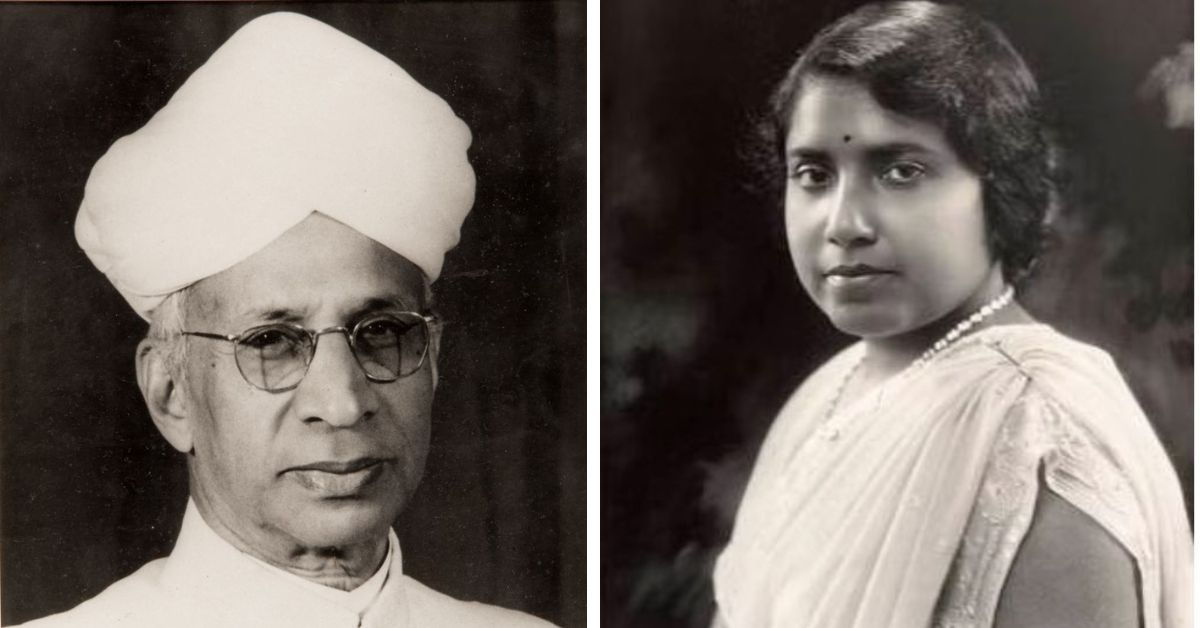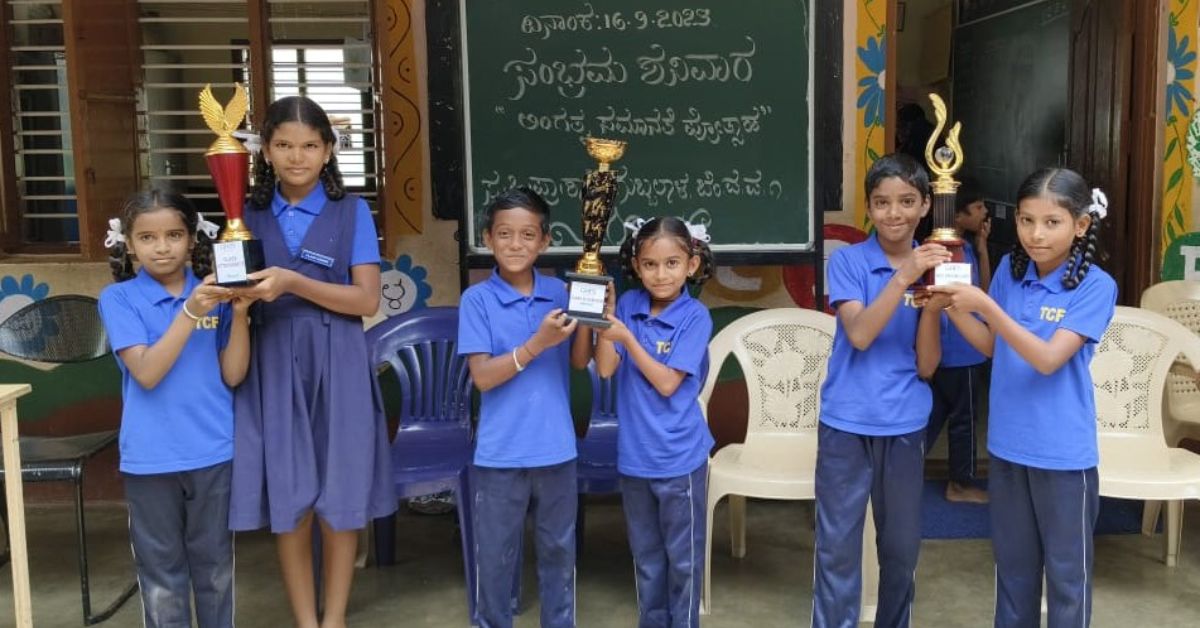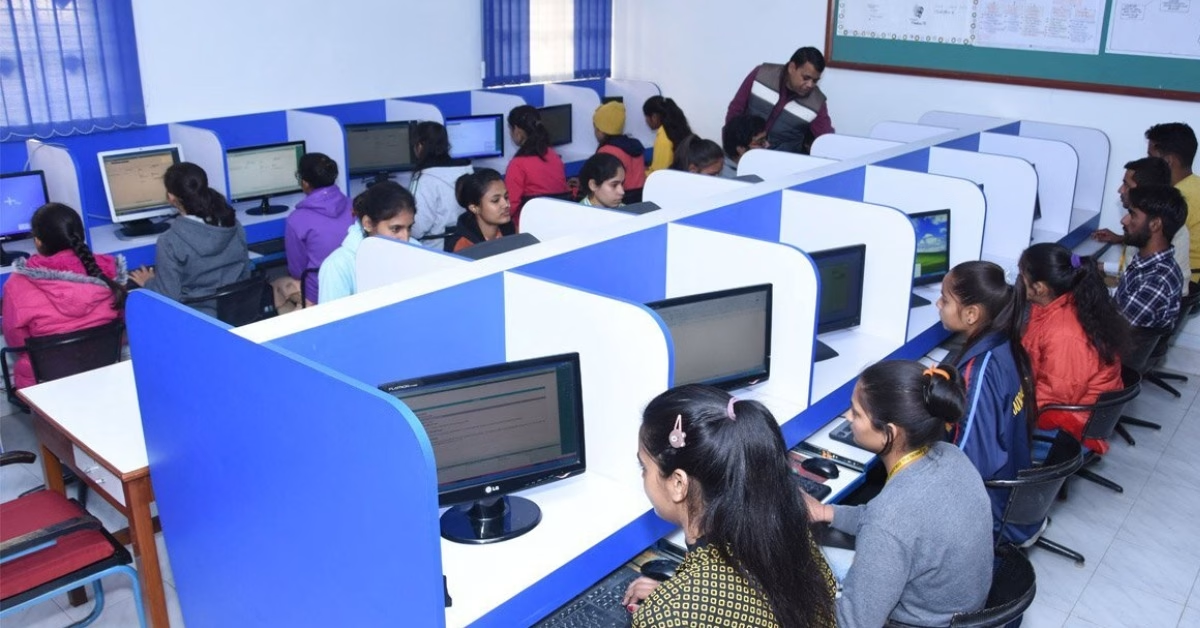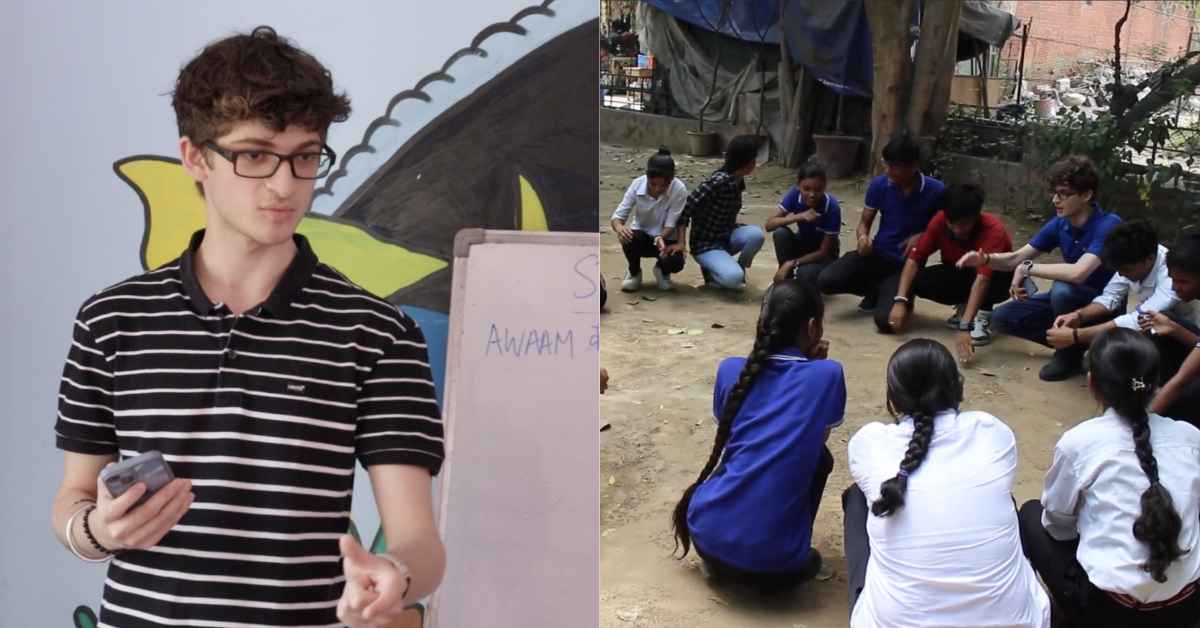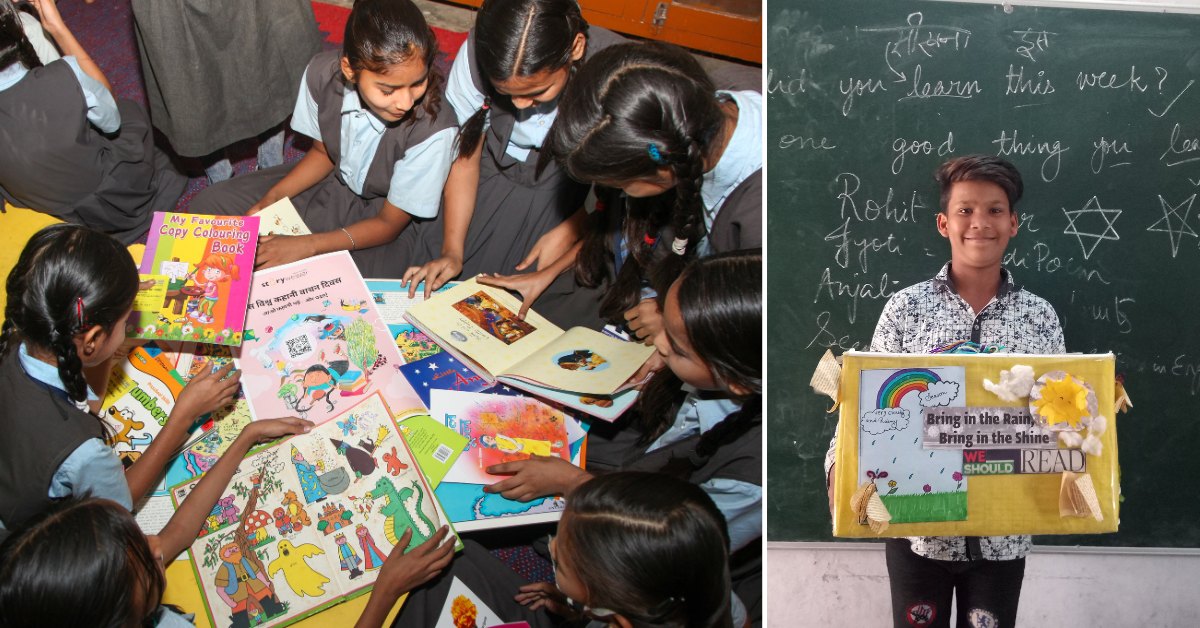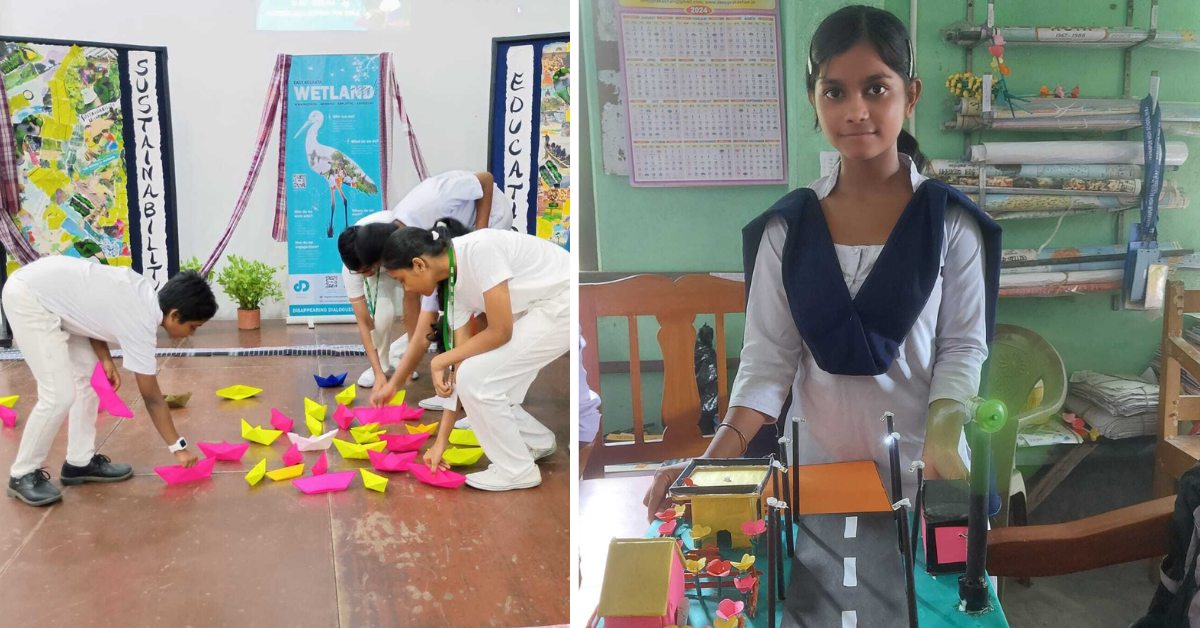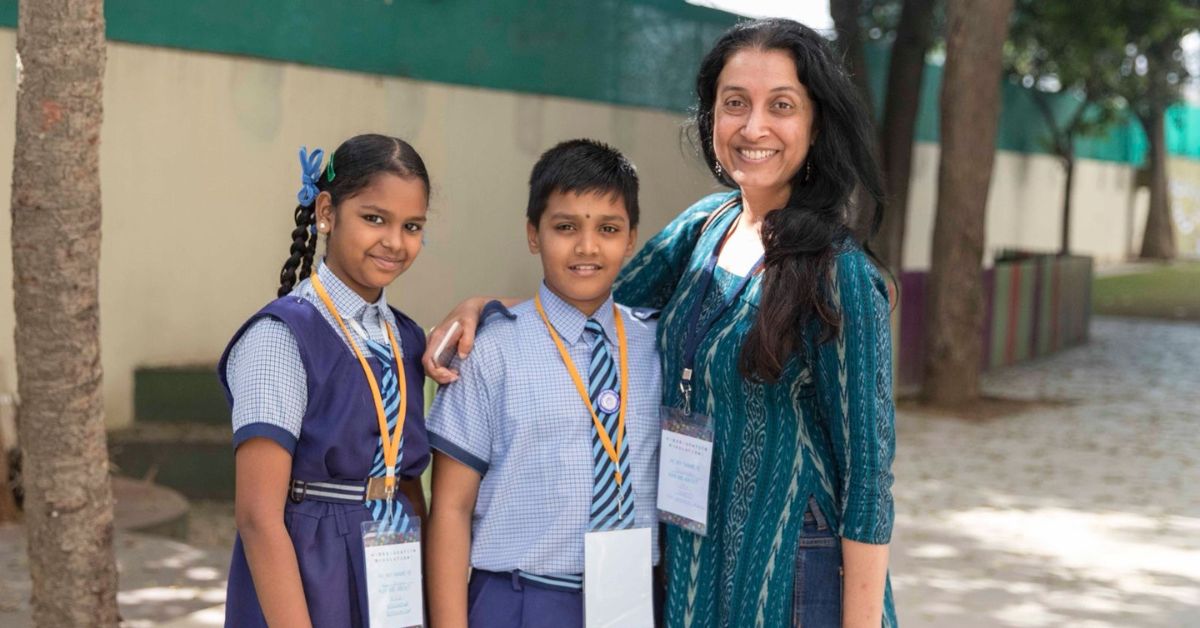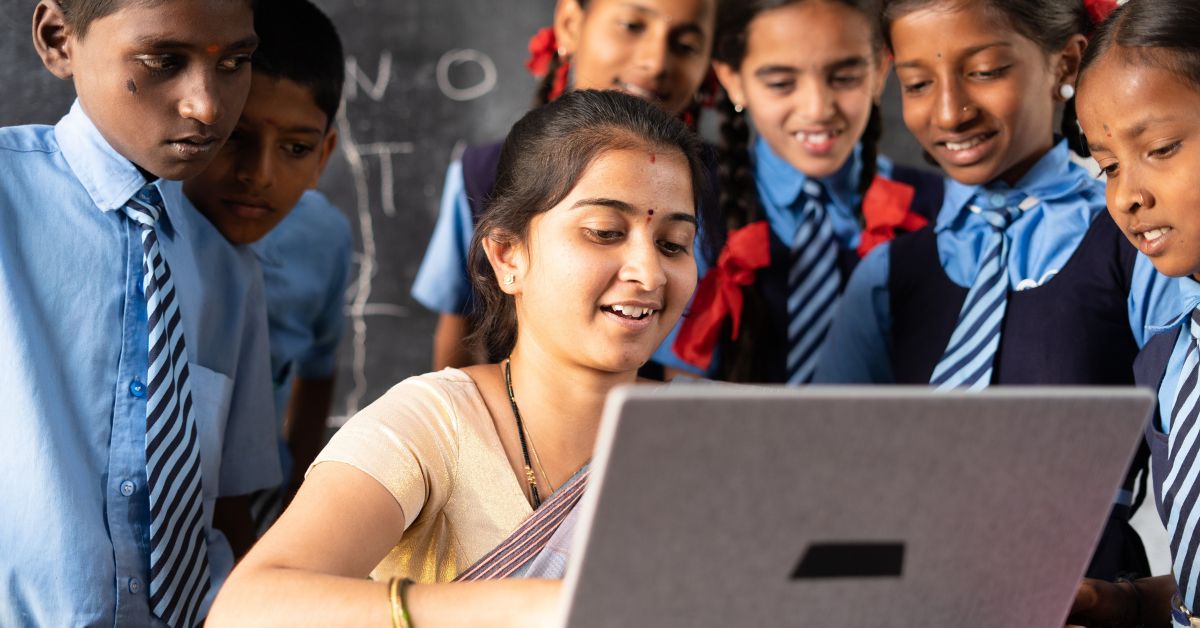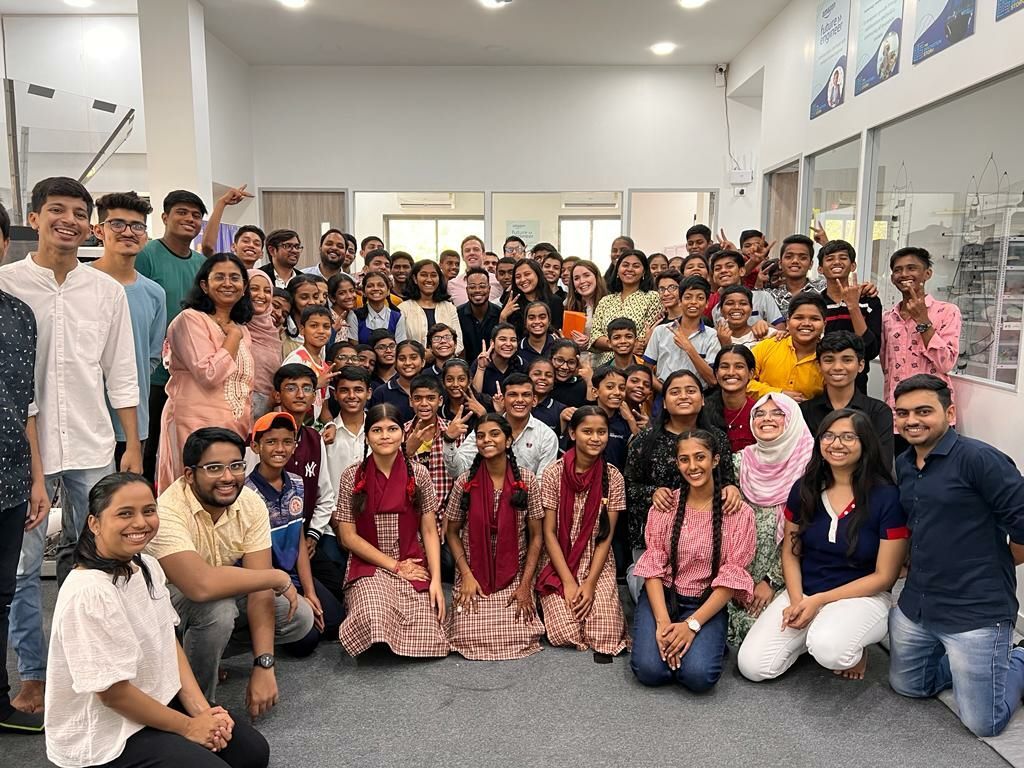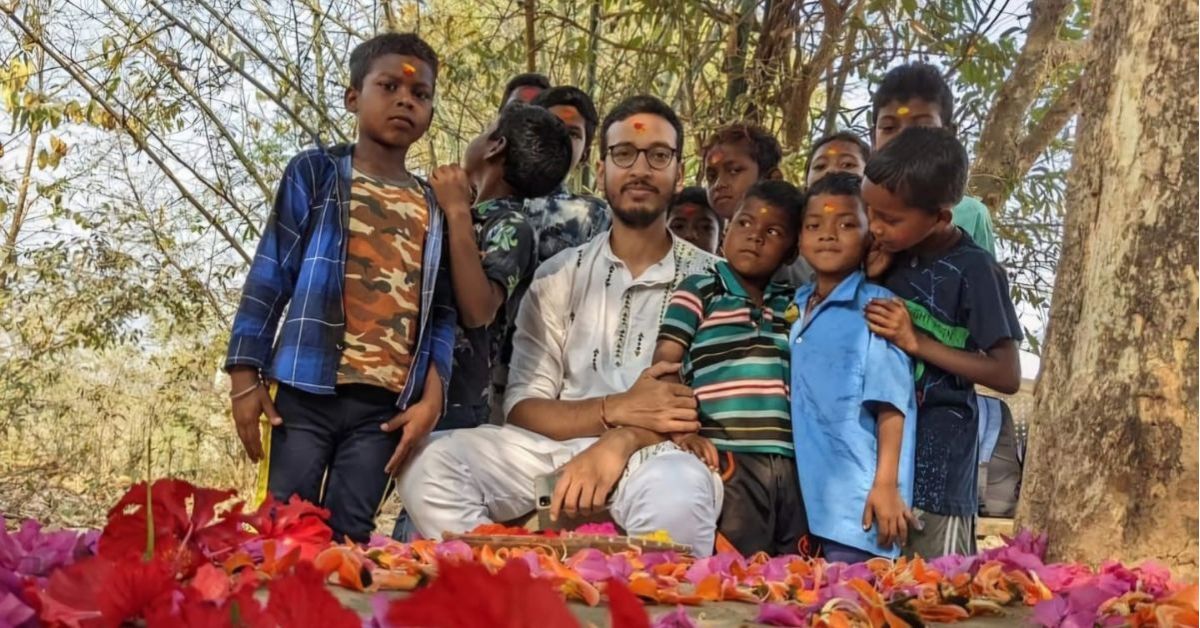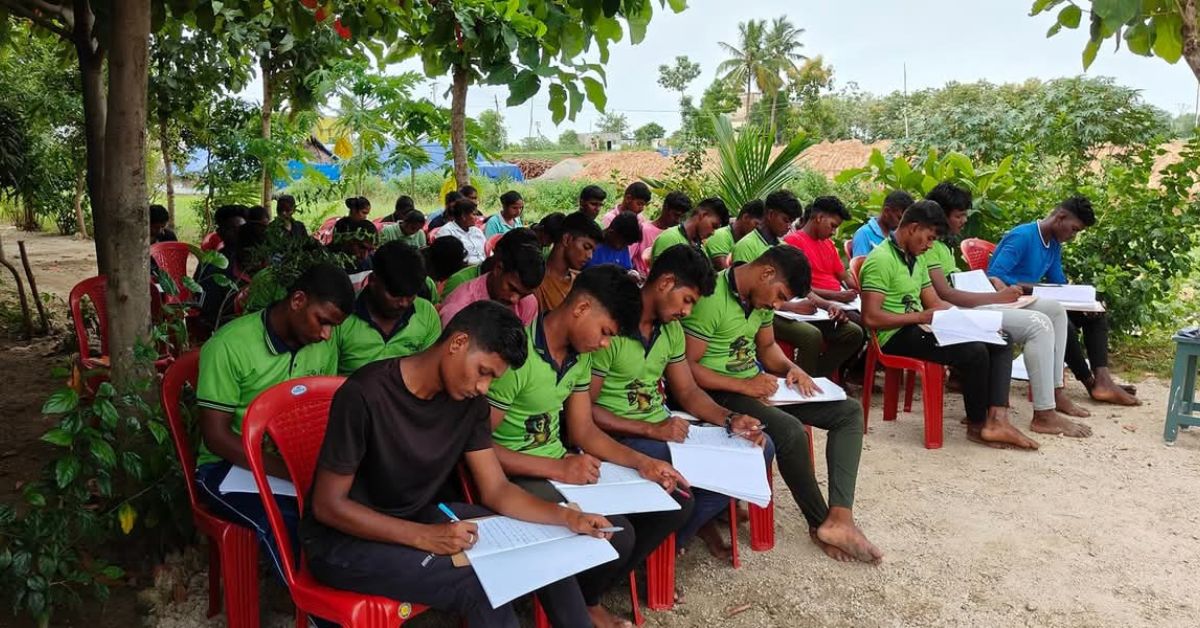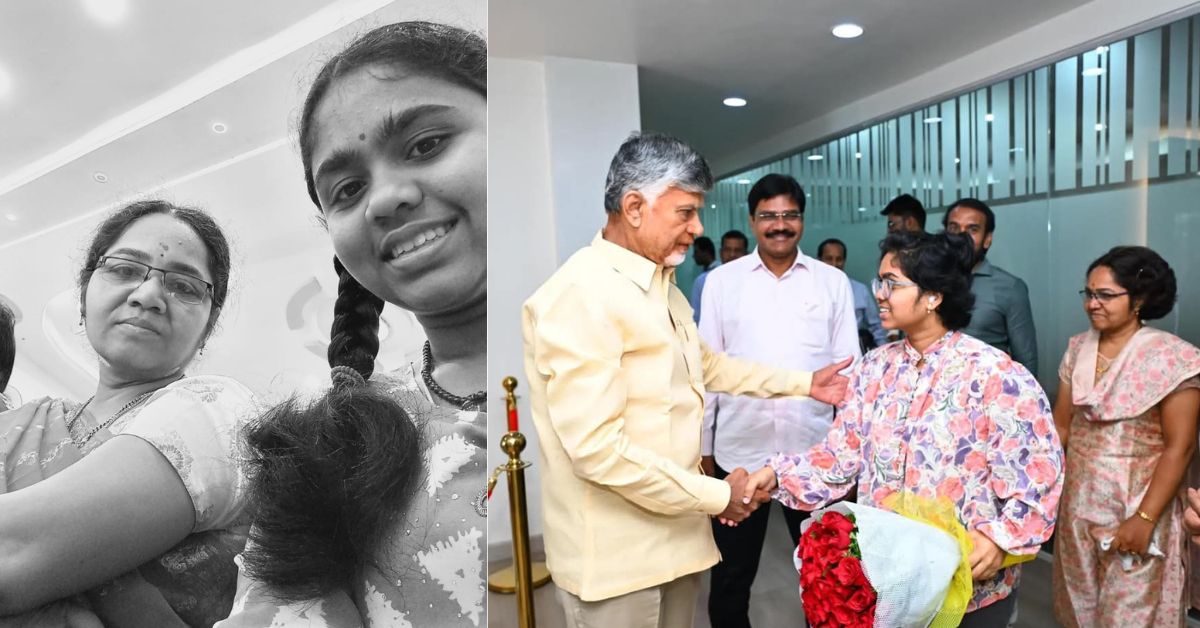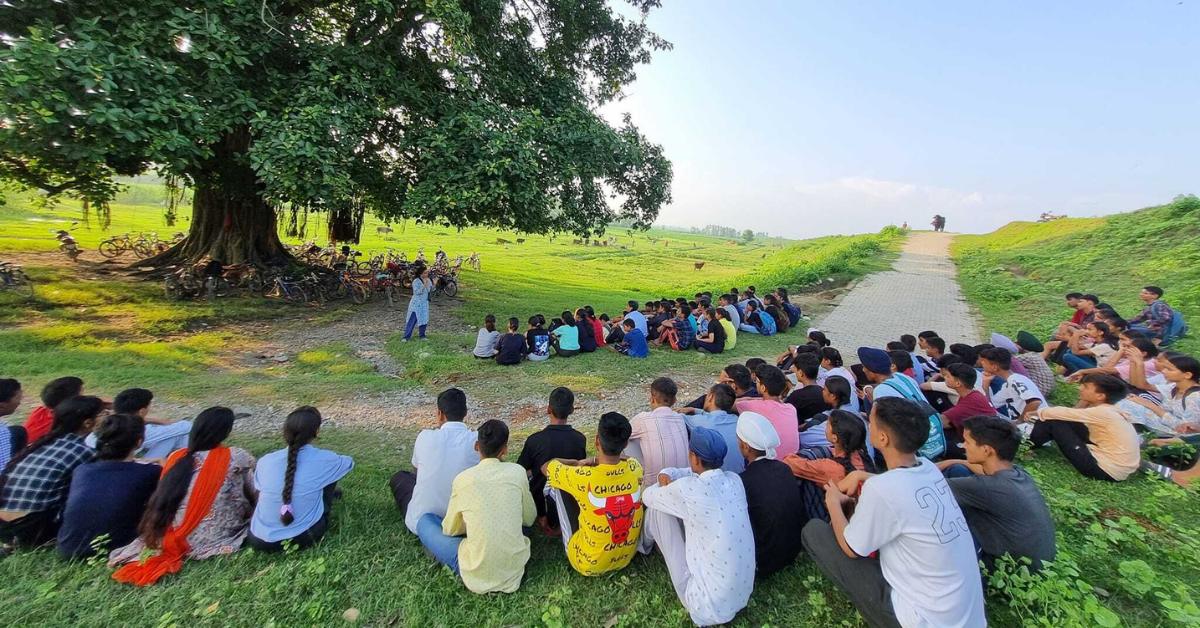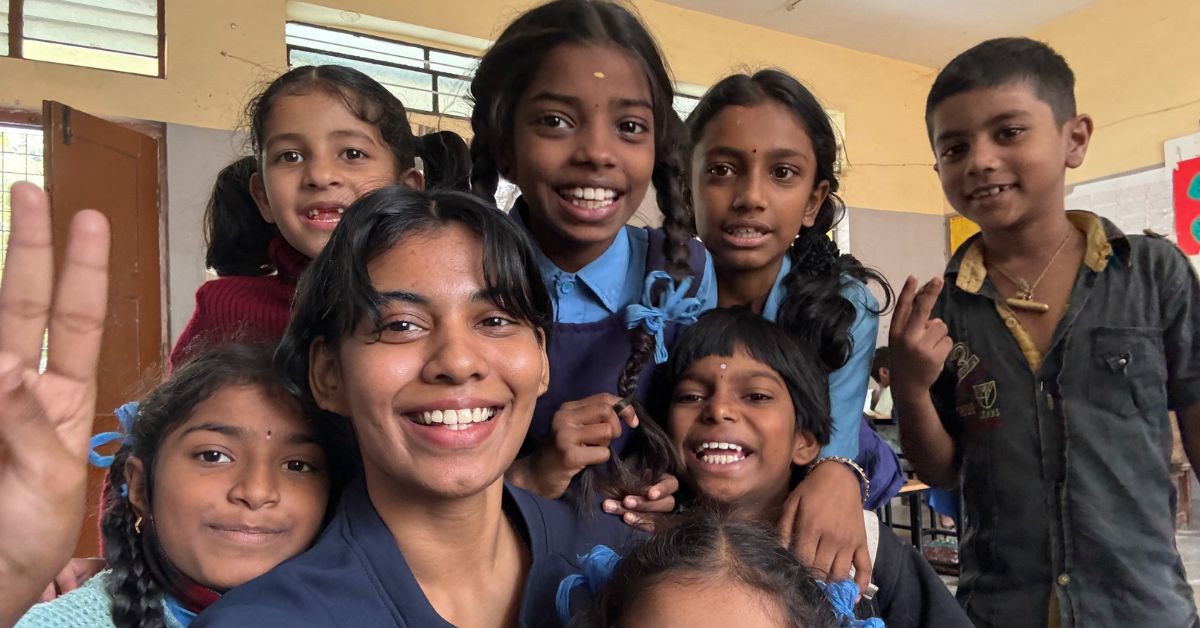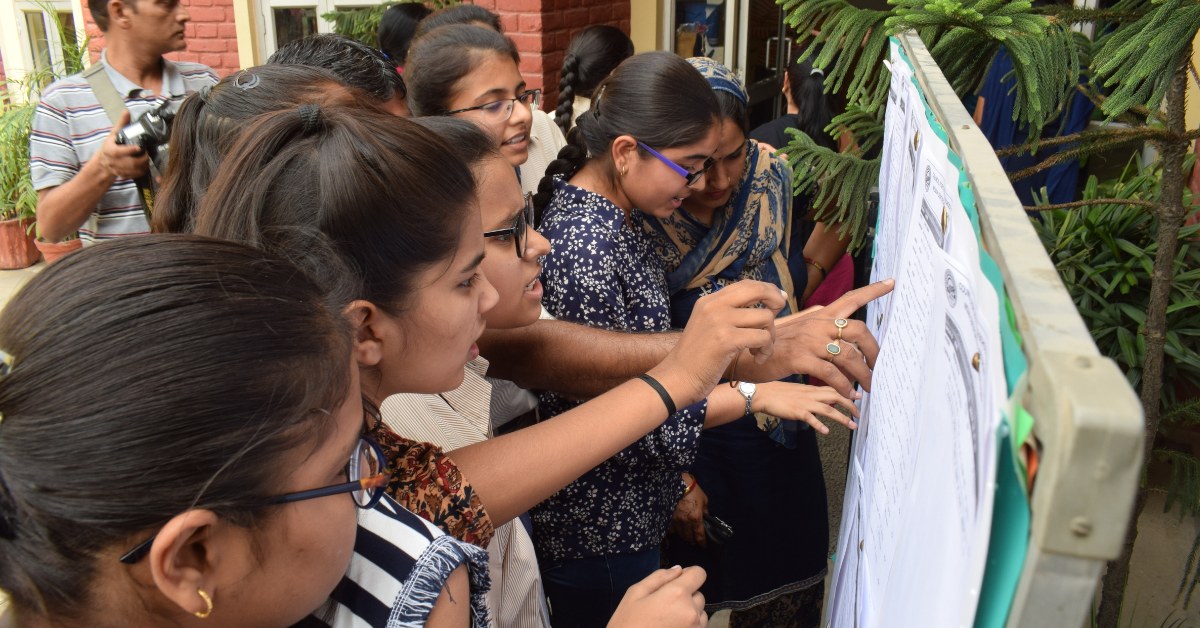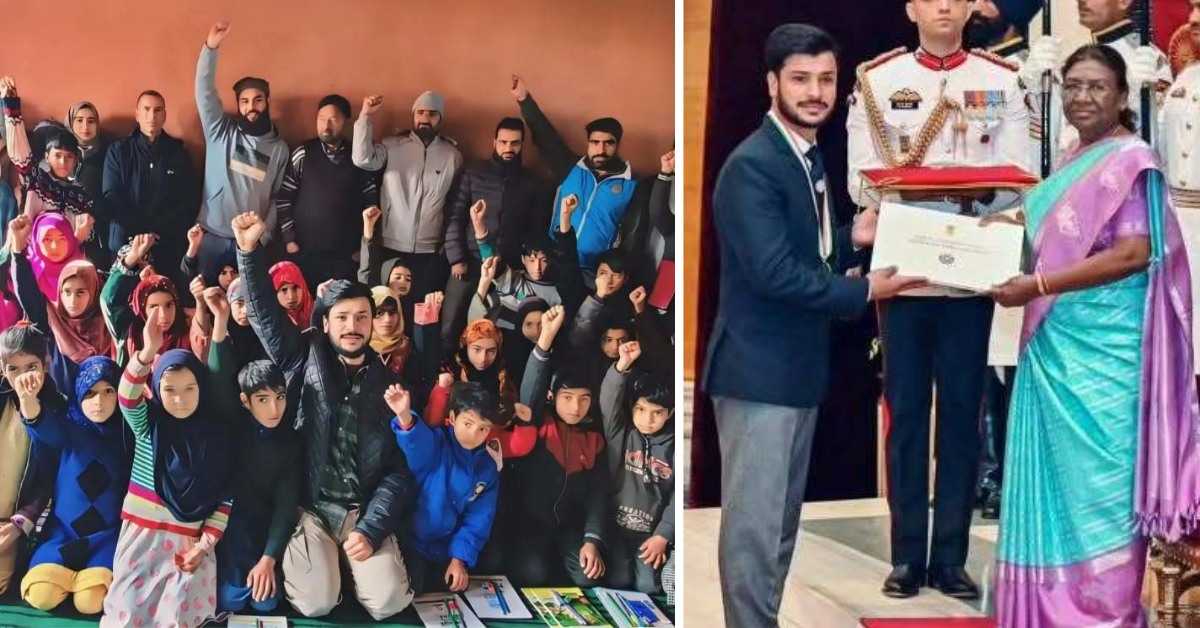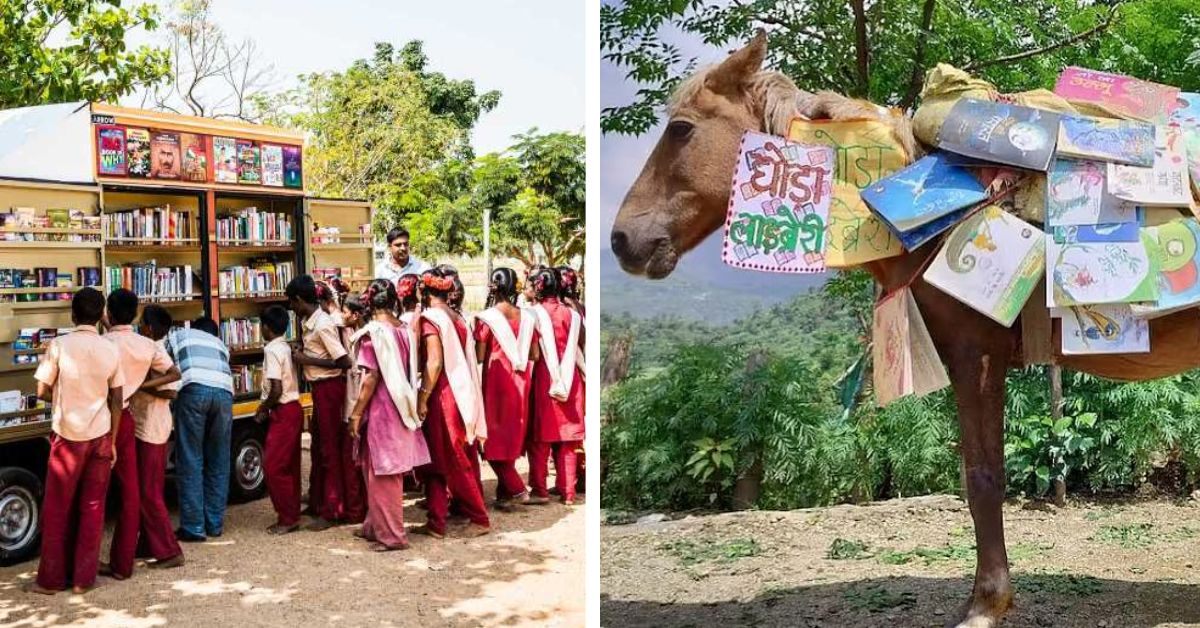When Ashok Rathod was 18, he began gathering children from Mumbai’s Ambedkar Nagar slum for weekend football matches. At the time, he had no great plan — just a desire to keep kids away from addiction, child marriage, and dropping out of school, which had consumed many of his own friends. What started as a small effort grew into the Oscar Foundation in 2010 — an organisation that today has touched thousands of young lives across India.
One of those lives is that of Yamini Nikam.
On a rainy afternoon in Mumbai, a shy Class 9 student walked nervously into a ground where the Oscar Foundation had gathered children. She didn’t know anyone.
She wasn’t even sure if football was her game. But when the coach handed her a ball and said, “Just kick it away from yourself and play,” something changed.
Three years later, football is no longer just a sport for Yamini — the ground has become her “second home”.
The rule that changed everything
Yamini studies in a government school in Mumbai and has always enjoyed going to class. Yet her idea of education changed when she joined the Oscar Foundation. Its strict rule — “No School, No Football” — taught her that passion and discipline must go hand in hand.
/english-betterindia/media/post_attachments/uploads/2025/09/football-2_11zon-1757076501.jpg)
“Earlier, many kids thought that if they were good at football, studies didn’t matter. But Oscar showed us that school is our first priority,” she says.
With her mother’s encouragement, Yamini never thought of dropping out. Still, relatives and neighbours often questioned her choices: “She’s a girl. What future does she have in football? What if she gets injured? Shouldn’t she focus on studies?”
But Yamini laced up her boots anyway. “My family, too, slowly began trusting the process — especially when the coaches at Oscar built a bond strong enough for my parents to let me travel alone for matches and practice in Bandra or Churchgate. That’s something uncommon in our conservative neighbourhood,” she says.
A dream beyond the neighbourhood
Yamini’s football journey has already taken her far. She captained her team in inter-community tournaments, led them to the finals, and even came close to a dream — trials for Europe. Though she couldn’t make it beyond the second round, just being considered filled her with pride.
“Recently, I was selected for Mumbai Football Association’s Luxury Football Club. It is a milestone that remains one of my happiest memories,” she smiles.
/english-betterindia/media/post_attachments/uploads/2025/09/football-1-1757076475.jpg)
But Oscar gave her more than football. Through projects on health and hygiene with other girls, Yamini learned leadership, confidence, and communication. “I was once a boring girl with little interest beyond studies. I now speak freely and motivate other girls in my class to step out,” she adds.
When asked about her biggest dream, her eyes light up: “I want to represent India. I want my jersey to say India on the back.” Alongside, she hopes to one day serve as an Indian Police Service (IPS) officer or in the Navy. But her first love will always be football.
“And what if the Oscar Foundation had never existed? Without Oscar, I’d be nothing, just a girl doing studies, living a boring life. Oscar gave me hope, a dream, and the courage to chase it.”
How Ashok’s journey began
For Yamini and thousands like her, the turning point was Ashok Rathod’s decision to pick up a football in his neighbourhood nearly two decades ago.
Growing up in Ambedkar Nagar, Ashok had watched friends slip into addiction or drop out of school, while he himself struggled in college. Coming from a Hindi-medium background, English lectures left him alienated, and without guidance, he dropped out in his second year.
/english-betterindia/media/post_attachments/uploads/2025/09/football-3-1757076466.jpg)
What seemed like failure became the beginning of his life’s purpose. With no grand plan, he began gathering kids to play football. “If they were on the field with me, they wouldn’t be on the streets,” he recalls.
From 18 children, the numbers grew to hundreds. By 2009, 150 kids were playing regularly. That same year, Ashok’s efforts were recognised nationally — he received the CNN-IBN Real Hero Award from Nita Ambani and Aamir Khan, along with Rs 3.45 lakh in prize money.
“I didn’t keep a single rupee. With the amount, I bought shoes, jerseys, and built a small community centre,” he says.
Building Oscar
Scaling up wasn’t easy. Donors asked for registration papers, tax exemptions, and audited accounts. So in 2010, Ashok formally registered the Oscar Foundation. Convincing parents was harder. “Some accused me of spoiling their children. Friends mocked me for chasing what they thought was a hobby,” he says.
Yet, persistence brought change. Children who once skipped school started attending regularly because of the foundation’s rule: ‘No School, No Football’. Barriers of caste and religion dissolved on the field, replaced by teamwork, discipline, and respect.
/english-betterindia/media/post_attachments/uploads/2025/09/football-4-1757076545.jpg)
The real breakthrough came when the Education Department of Daman and Diu invited Oscar to tackle rising suicides and poor attendance in schools. Ashok’s team trained 154 teachers in its sports-plus-life-skills model.
“The results were transformative. Children became happier, attendance improved, and in two years, not a single case of suicide was reported. Now, the department wants us to train 600 more teachers to reach over 20,000 children,” says Ashok.
So far, Ashok says, the foundation has reached out to more than 26,000 underprivileged children across the country in Karnataka, Rajasthan, Daman and Diu, and Maharashtra.
A game that changes lives
For Ashok, Oscar has always been about more than football. It is about breaking cycles of poverty and giving children the mentorship they never had.
At 37, after nearly two decades, Ashok still carries the same fire he had at 18. Only now, instead of a handful of children, he’s inspiring thousands.
“Sports are not a luxury. They are as necessary as education. Education keeps a child in school. Football keeps a child alive with hope. Together, they change lives,” he says.
All images courtesy: Oscar Foundation.




